Biography of Donald Trump
Donald John Trump is an American entrepreneur, billionaire, real estate mogul, and owner of a vast empire of hotels and casinos. He has authored numerous books on business and self-development. He is a member of the Republican Party. On November 8, 2016, Trump was elected the 45th President of the United States. He ran in the 2020 election but lost to Joe Biden. He has announced his candidacy for the 2024 presidential election. During a rally for his campaign, he survived an assassination attempt – the bullet grazed his right ear.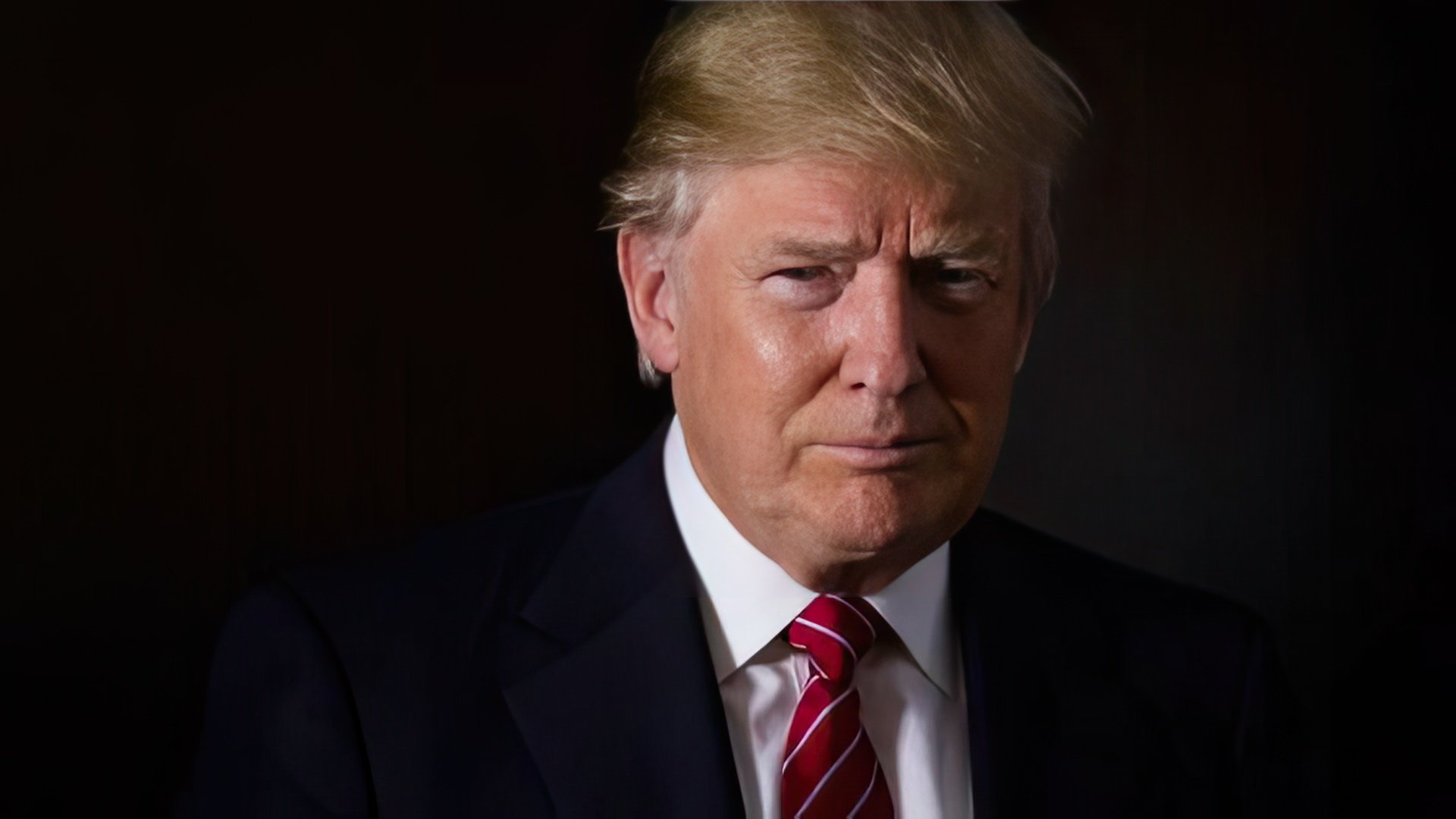
Childhood
In 1930, 18-year-old Mary MacLeod left her Scottish village for a New York vacation. There, fate brought her together with 25-year-old Fred Trump, the son of German immigrants, who had already built his own construction company at such a young age.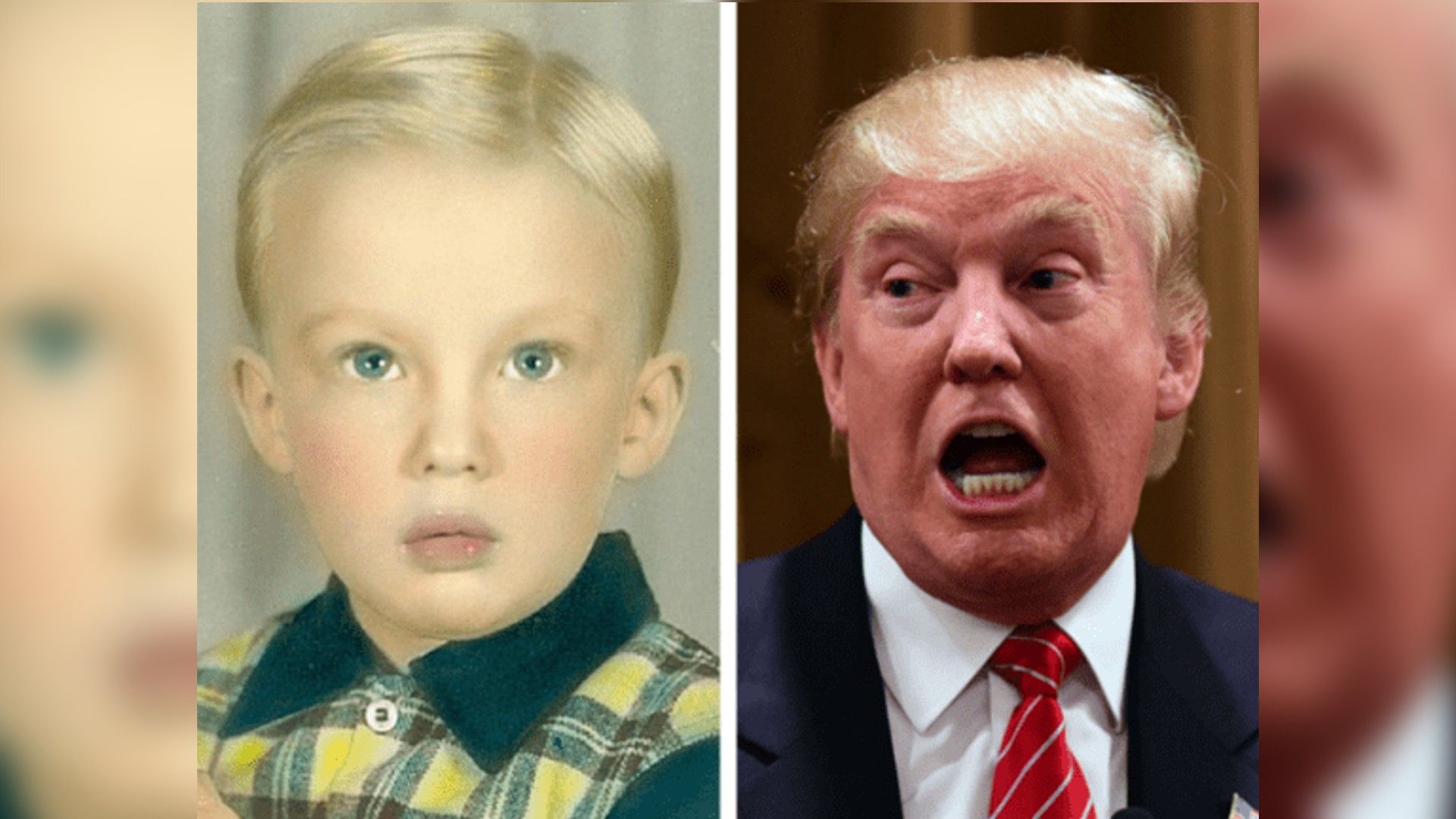
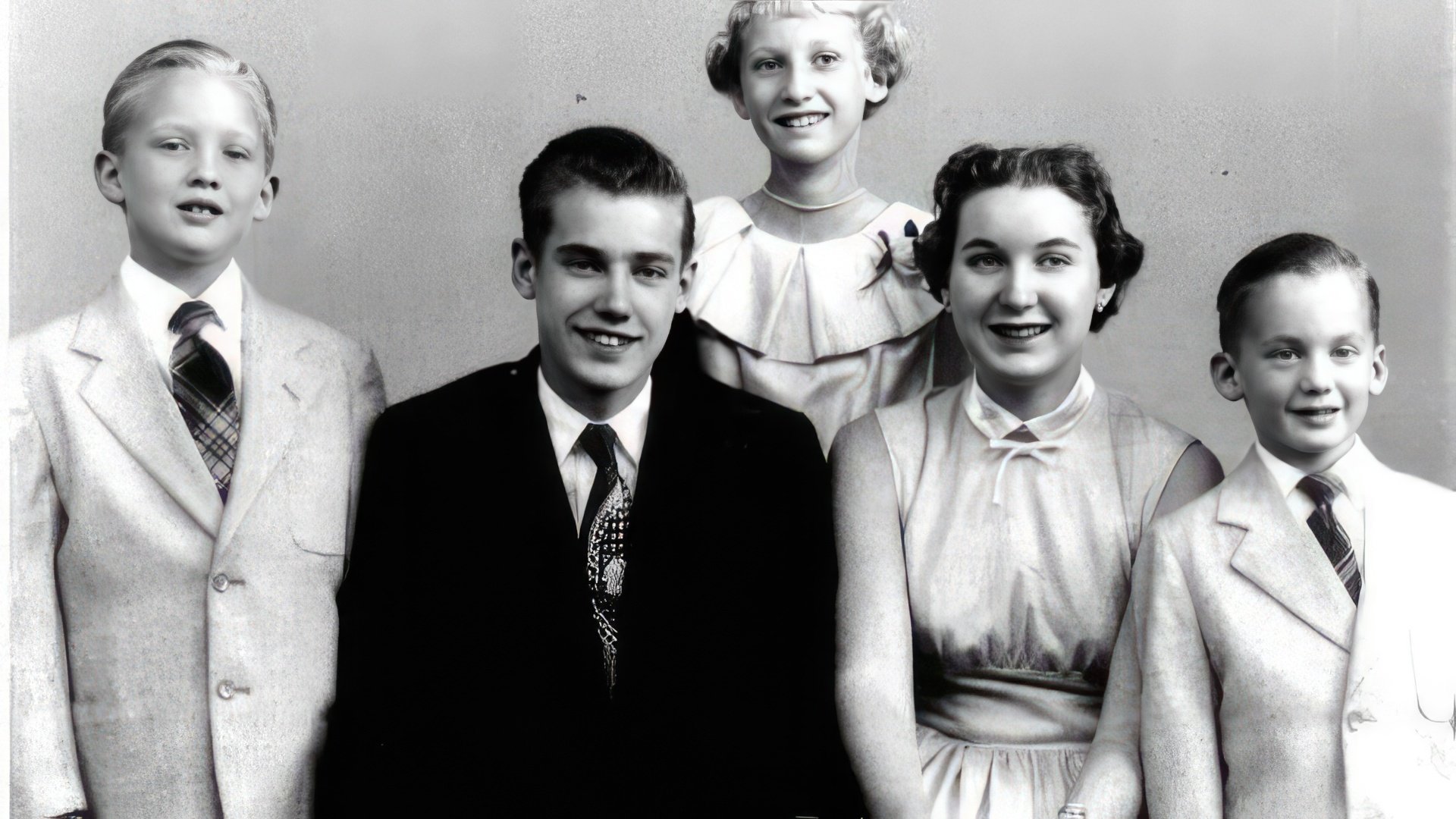
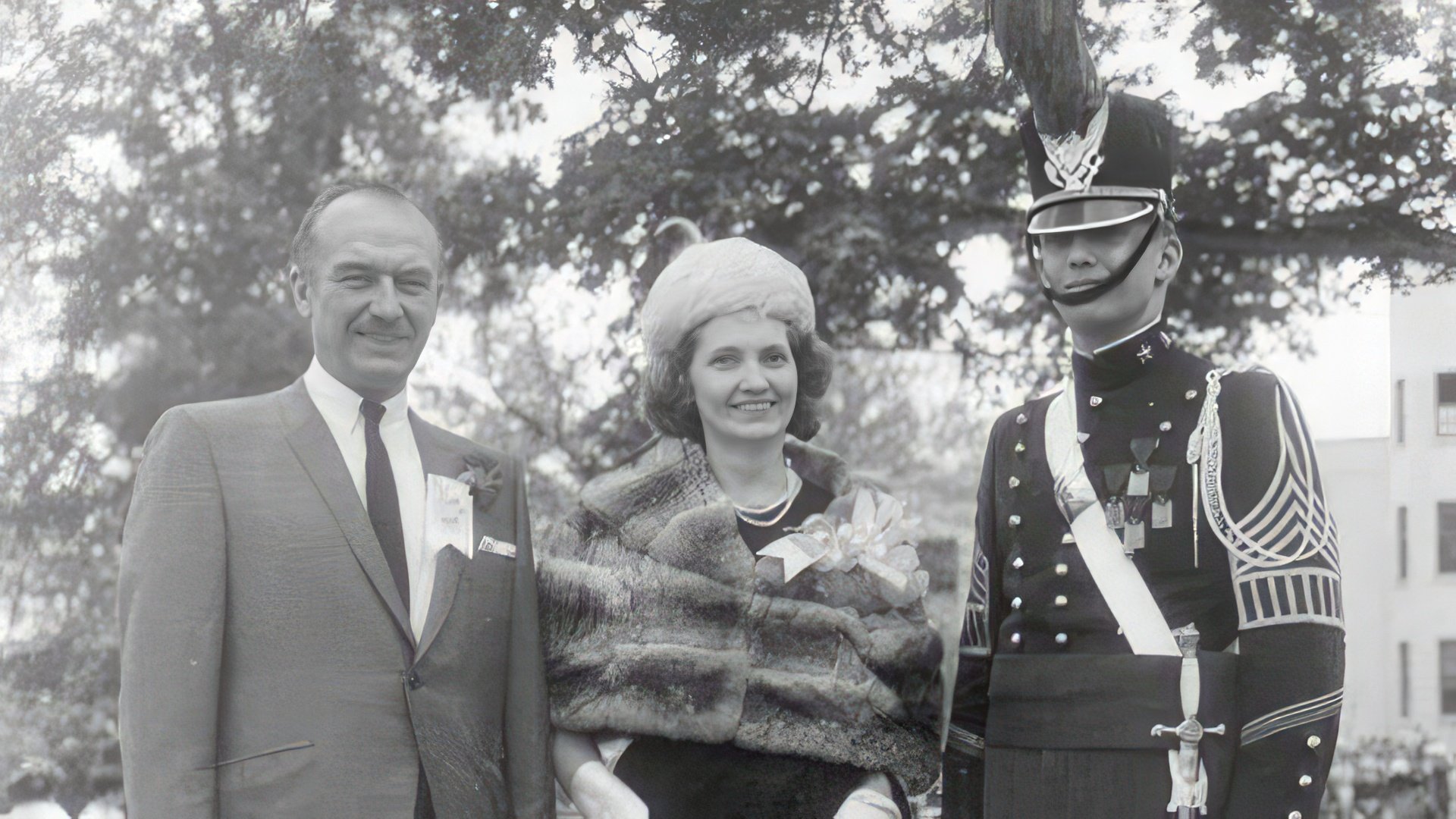
First Steps Towards Success
In 1964, Trump graduated with honors from military academy and enrolled at Fordham University. After studying there for four semesters, he transferred to the Wharton School of Business at the University of Pennsylvania. In 1968, he earned a bachelor's degree in economics and then joined the family business. Donald dove headfirst into real estate, determined to inherit the Trump construction empire and dramatically expand his father's fortune.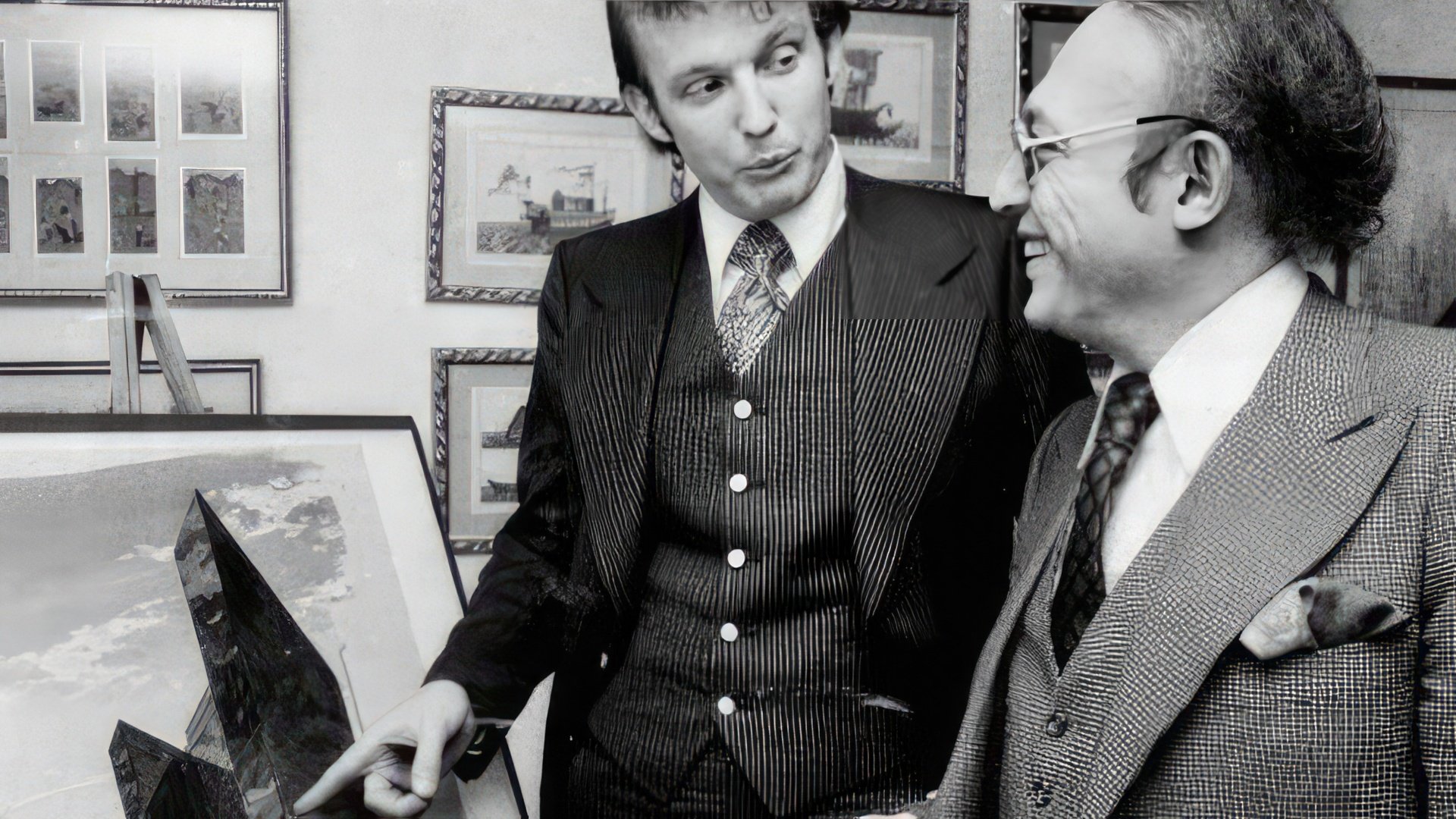


The Rise of an Empire
In 1974, Trump leveraged new connections to win the bid for restoring the crumbling Commodore Hotel. The surrounding buildings were equally run-down and desperately needed investment, just like the city itself, which was teetering on the edge of bankruptcy. Donald managed to secure tax breaks from the city for 40 years. Major New York banks also backed him with a $70 million mortgage loan. The condition was that Trump had to revitalize the area.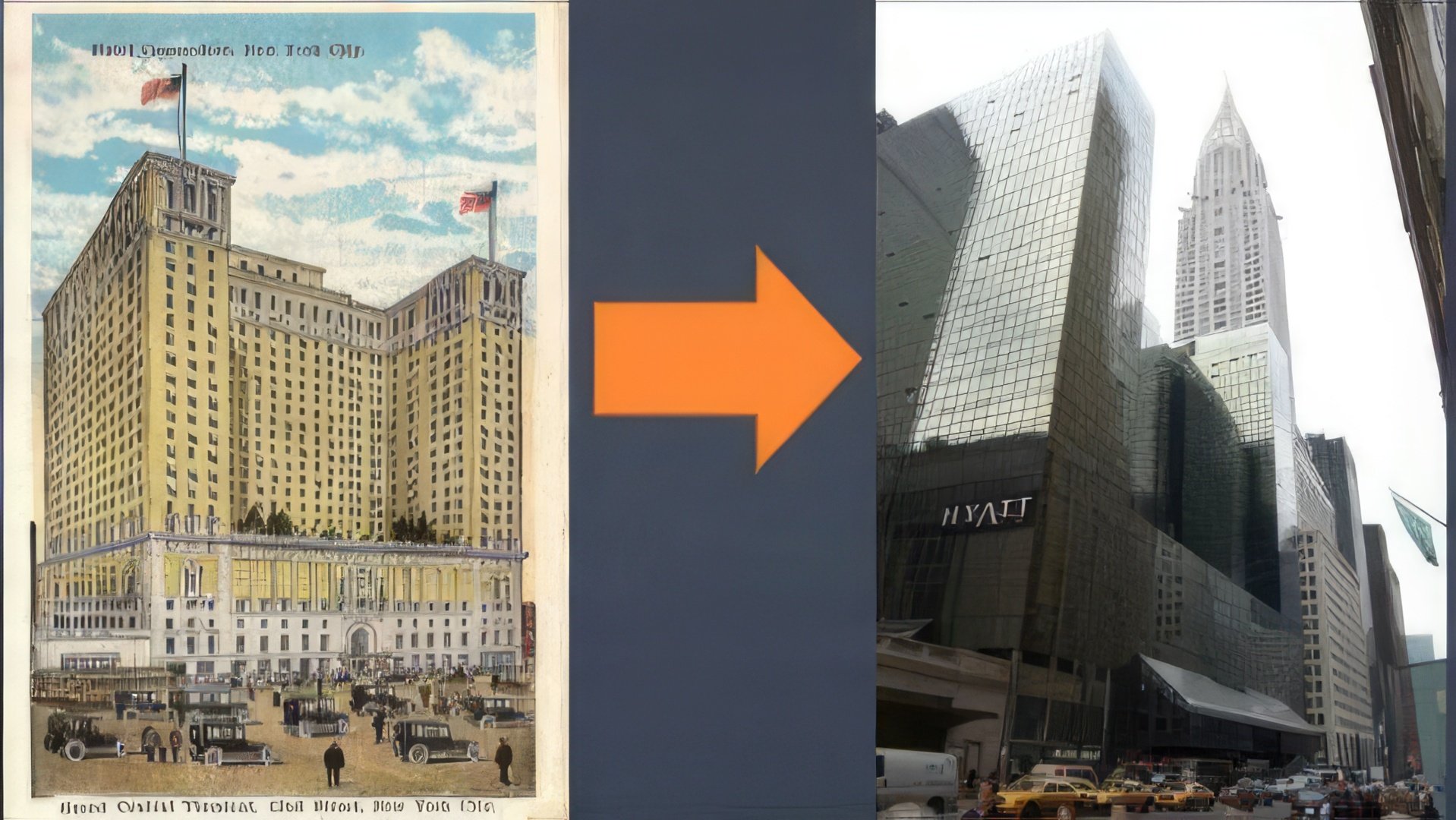
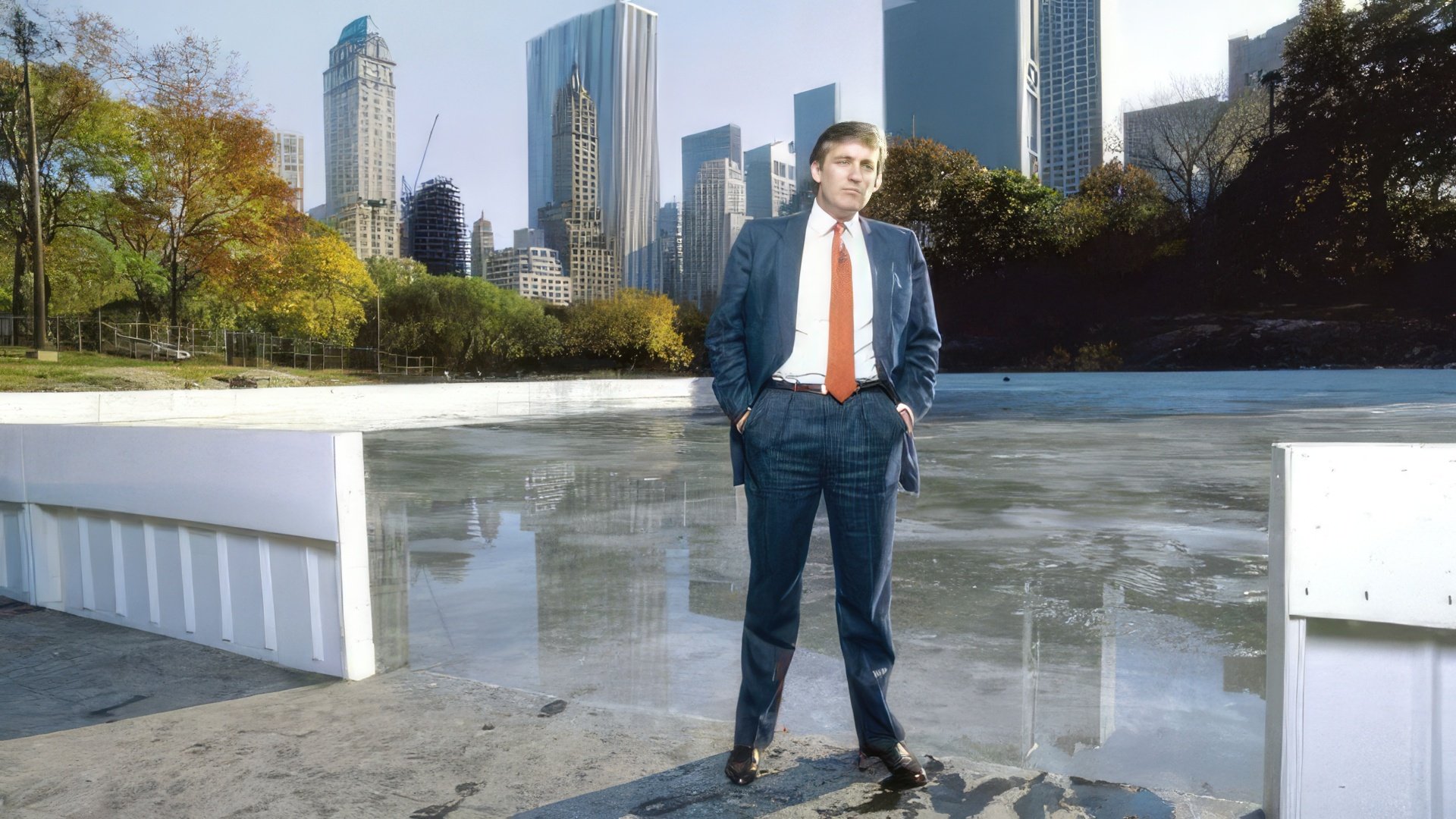


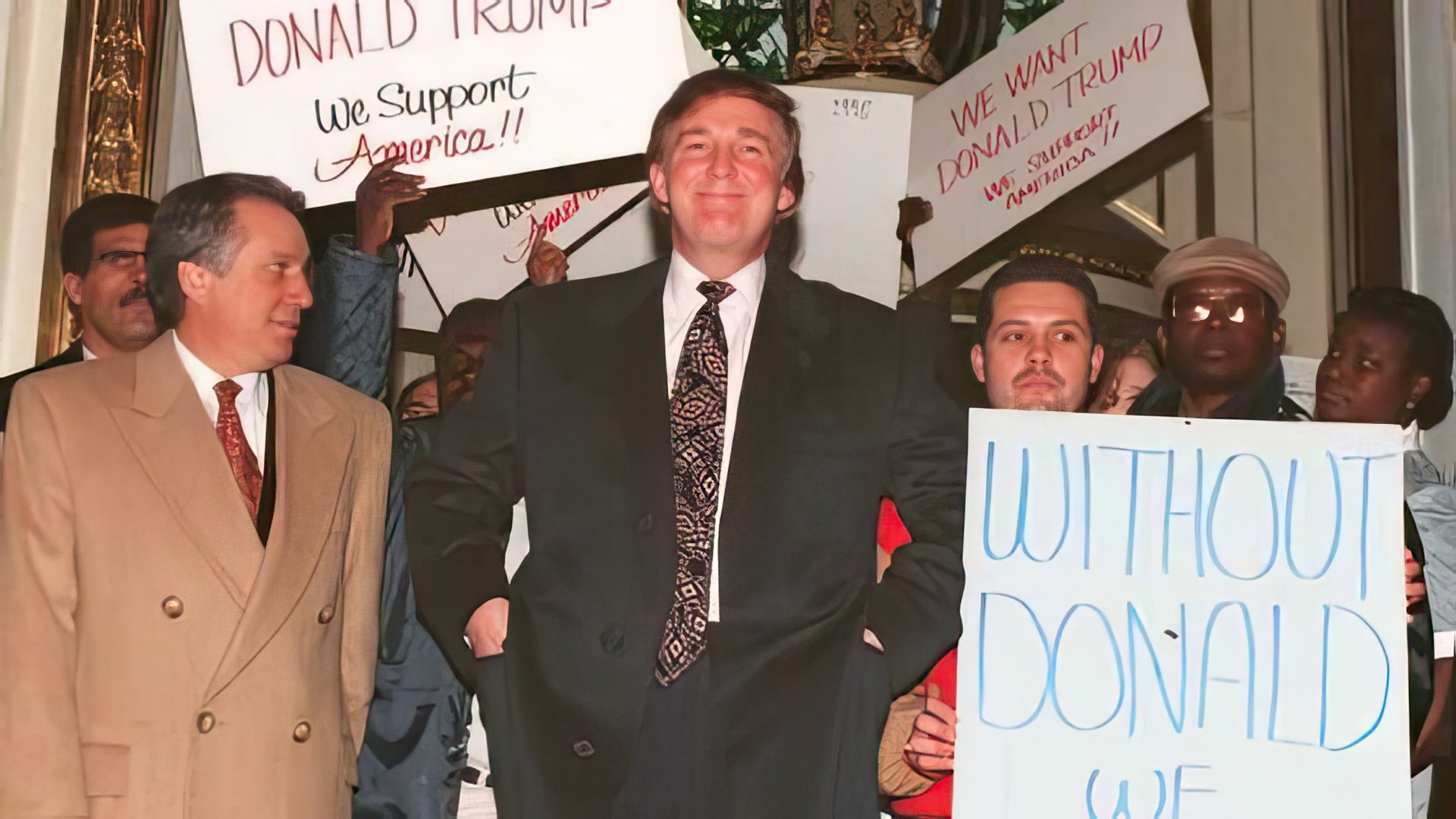
On the Verge of Bankruptcy
By the early '90s, Donald Trump's net worth was estimated at $1 billion. Beyond his network of hotels, casinos, and luxury residential skyscrapers, the Trump empire included the airline Trump Shuttle, the New Jersey Generals football team, and countless small enterprises that even Donald couldn't keep track of. Gradually, he started losing control of his rapidly expanding business empire.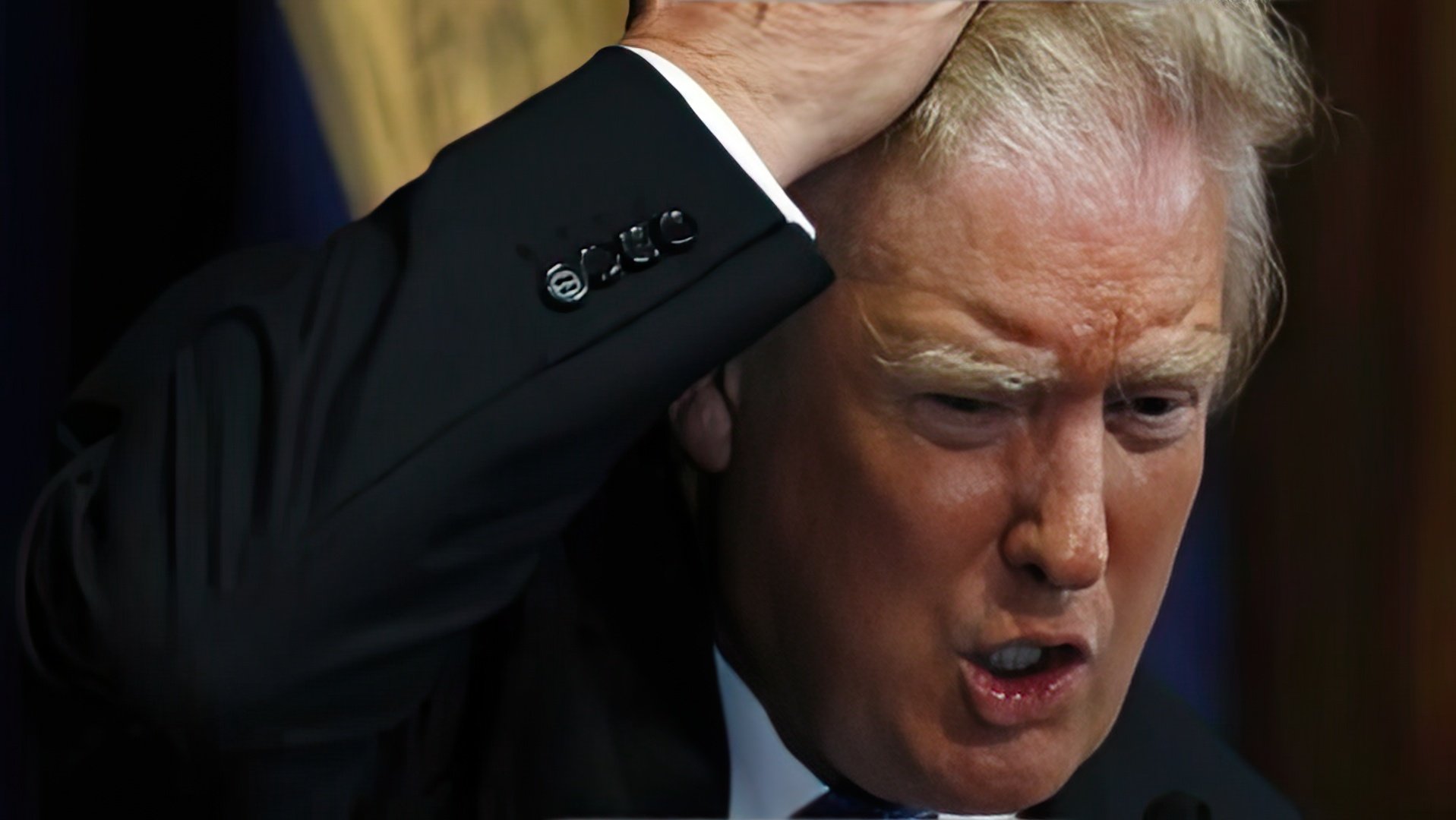
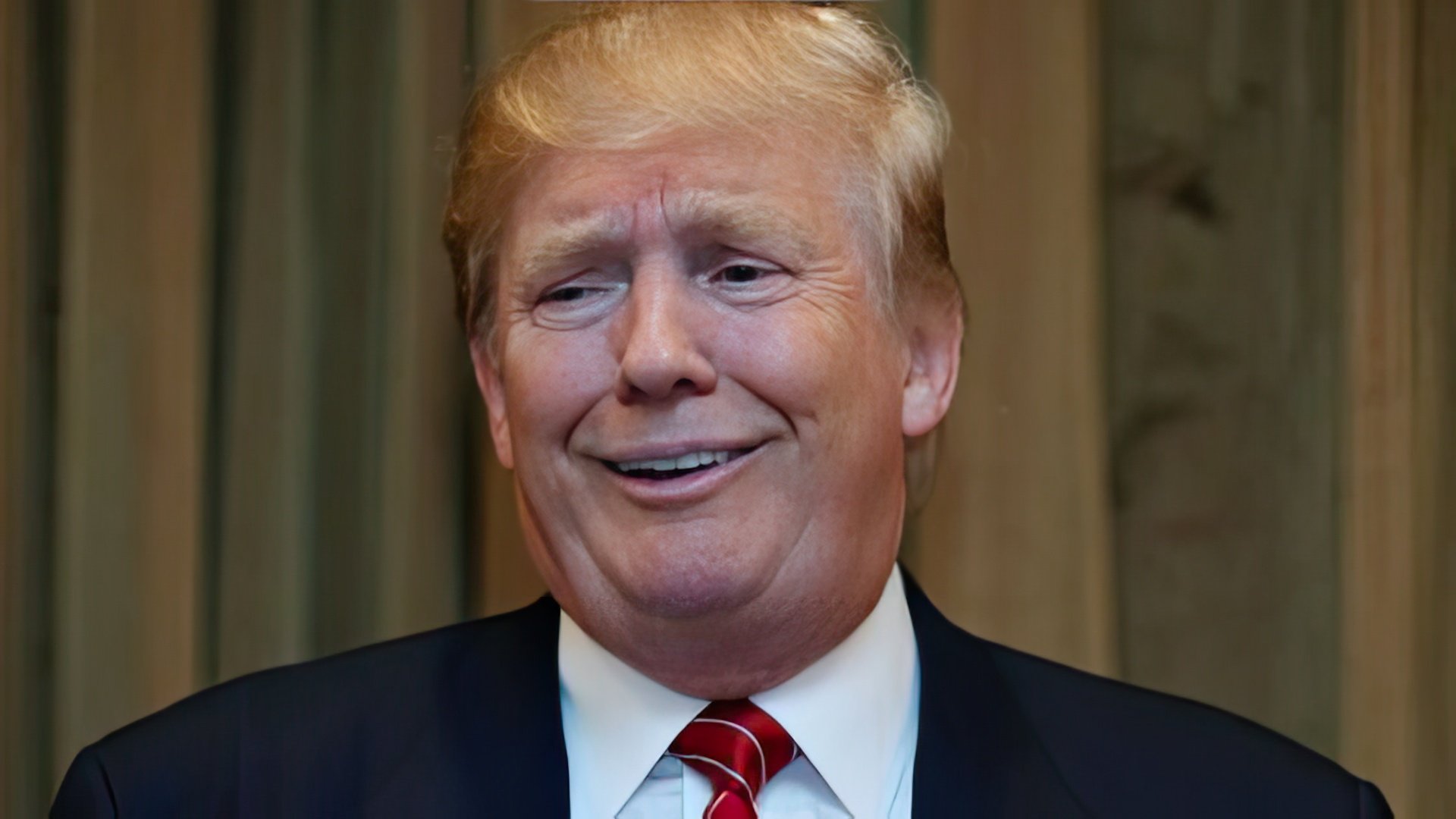

Television Appearances
In 2002, Trump launched the prime-time reality show "The Apprentice," where contestants competed for the chance to become a top executive in his company. Unsuccessful participants heard the businessman's signature phrase: "You're fired!" (In 2004, he even applied to trademark "You're fired!"). Trump earned about $50,000 per episode in the first season, but by the second season, his fee had skyrocketed to $3 million per episode, making him one of the highest-paid hosts on television.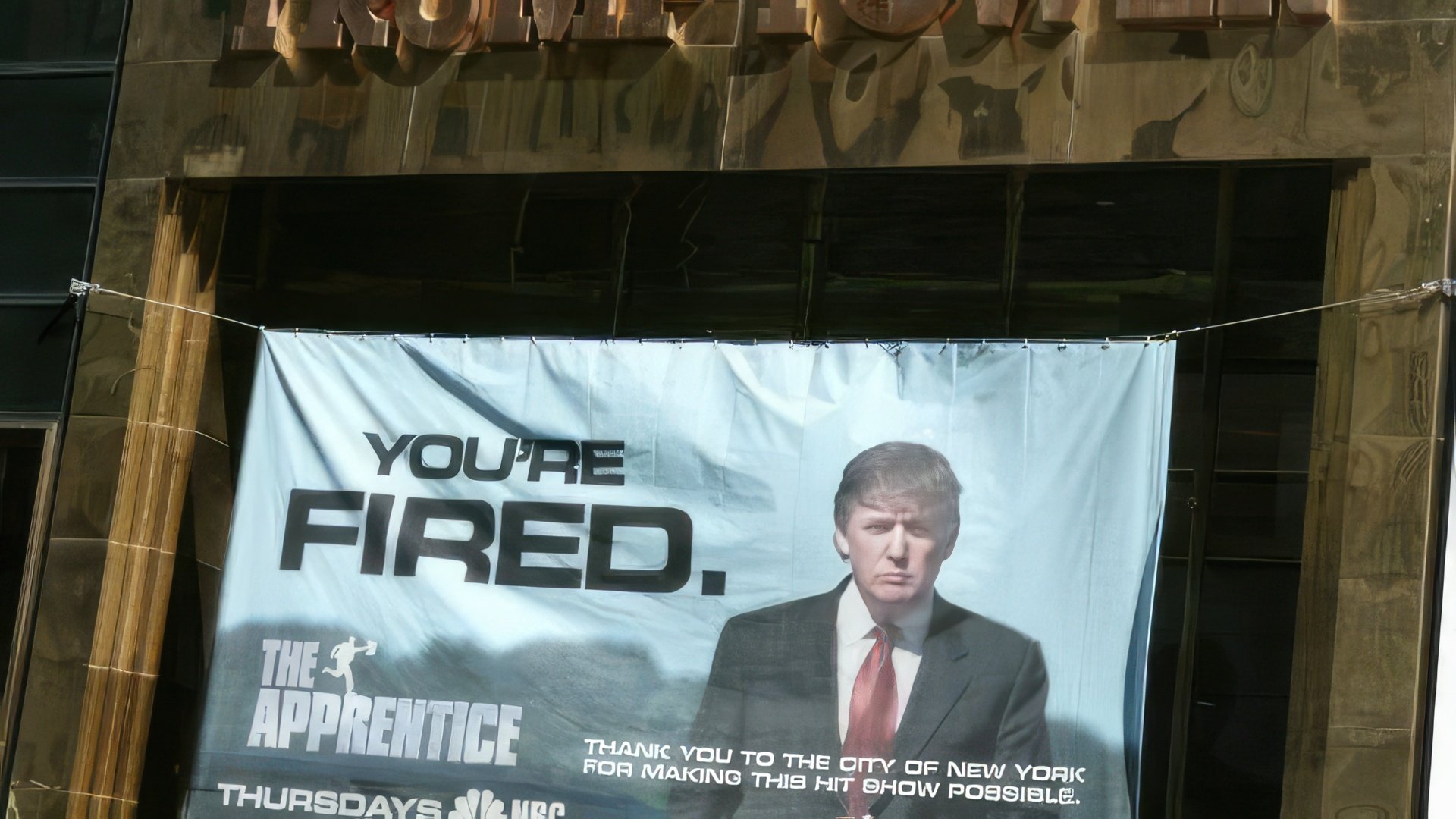
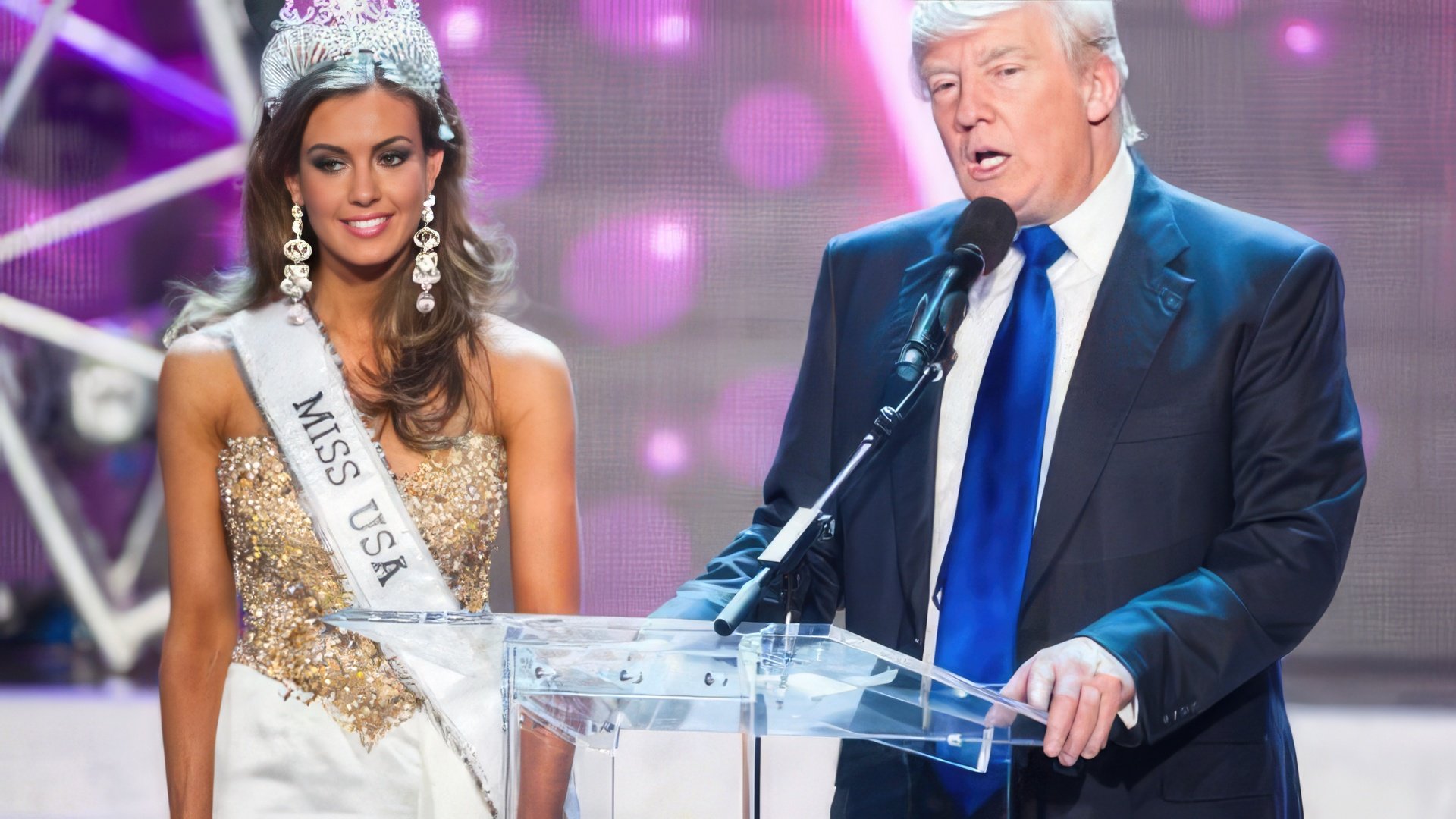
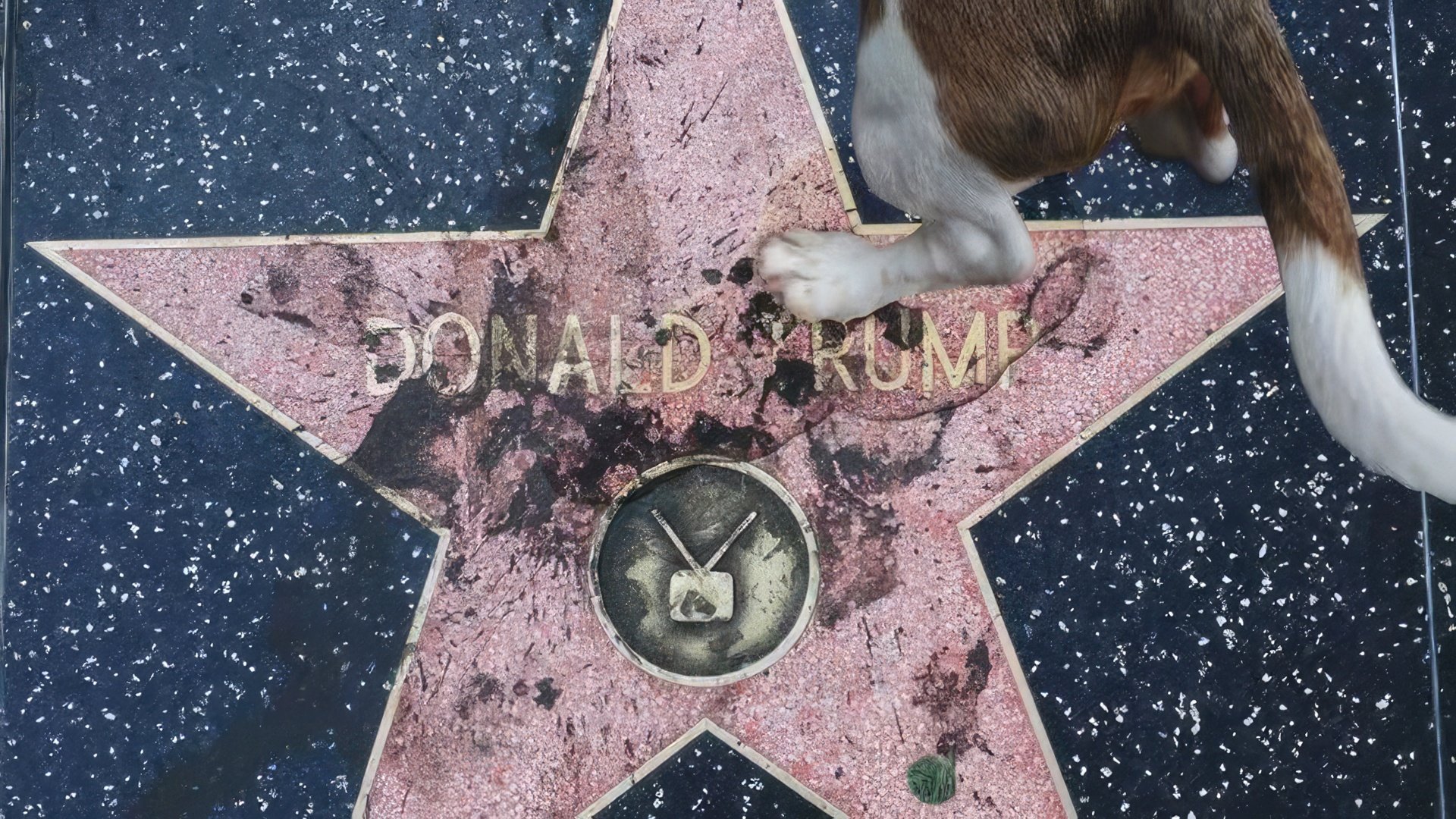
Political Career: The Most Influential Republican
Trump had been floated as a potential U.S. presidential candidate since the 1980s, but his political allegiances constantly shifted between conservative and liberal positions. By 2009, he'd largely settled on his political stance and joined the Republican Party. In 2011, supporters pushed to nominate the successful businessman for the presidential race, but Trump said he wasn't ready to leave the private sector.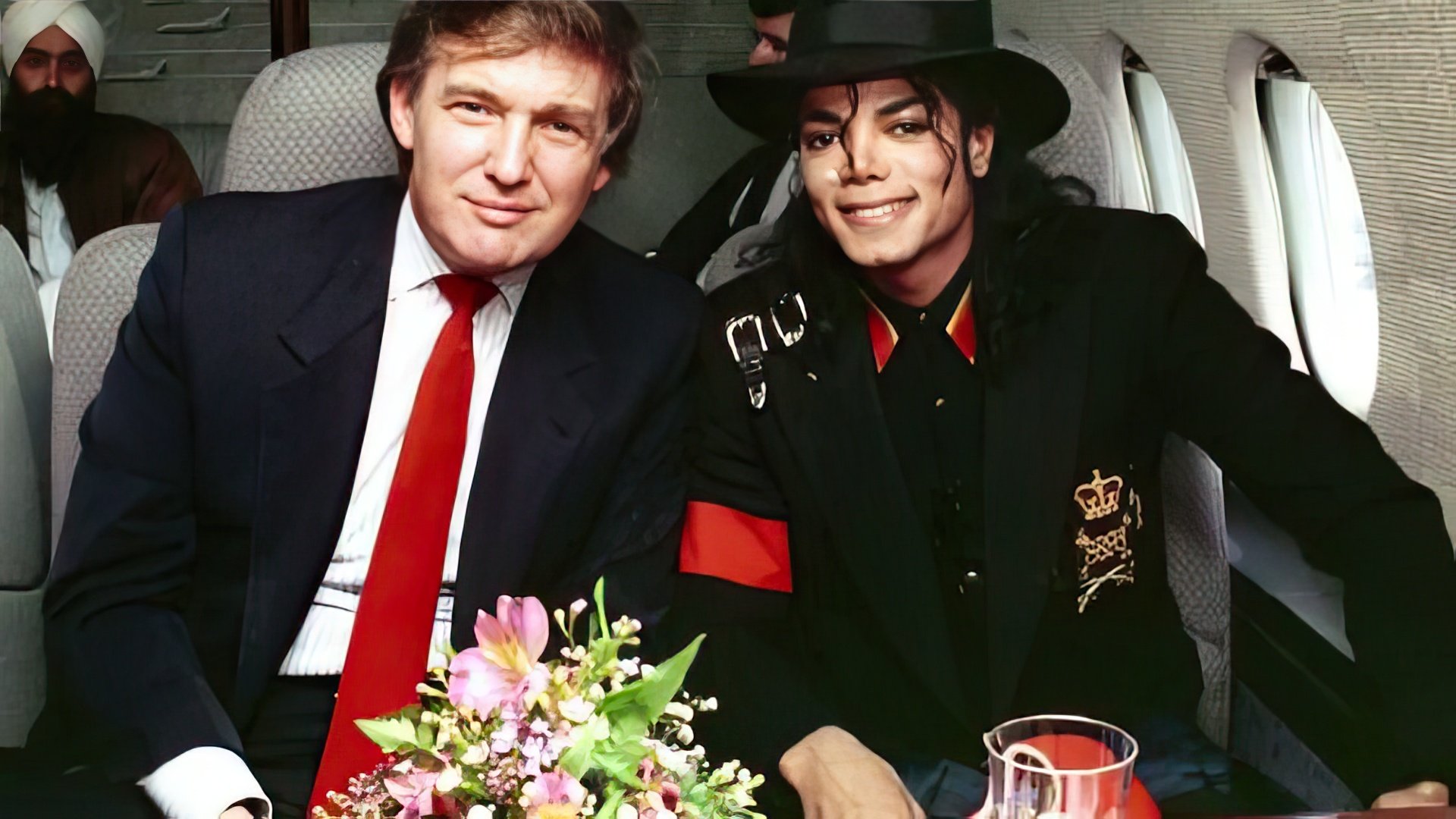
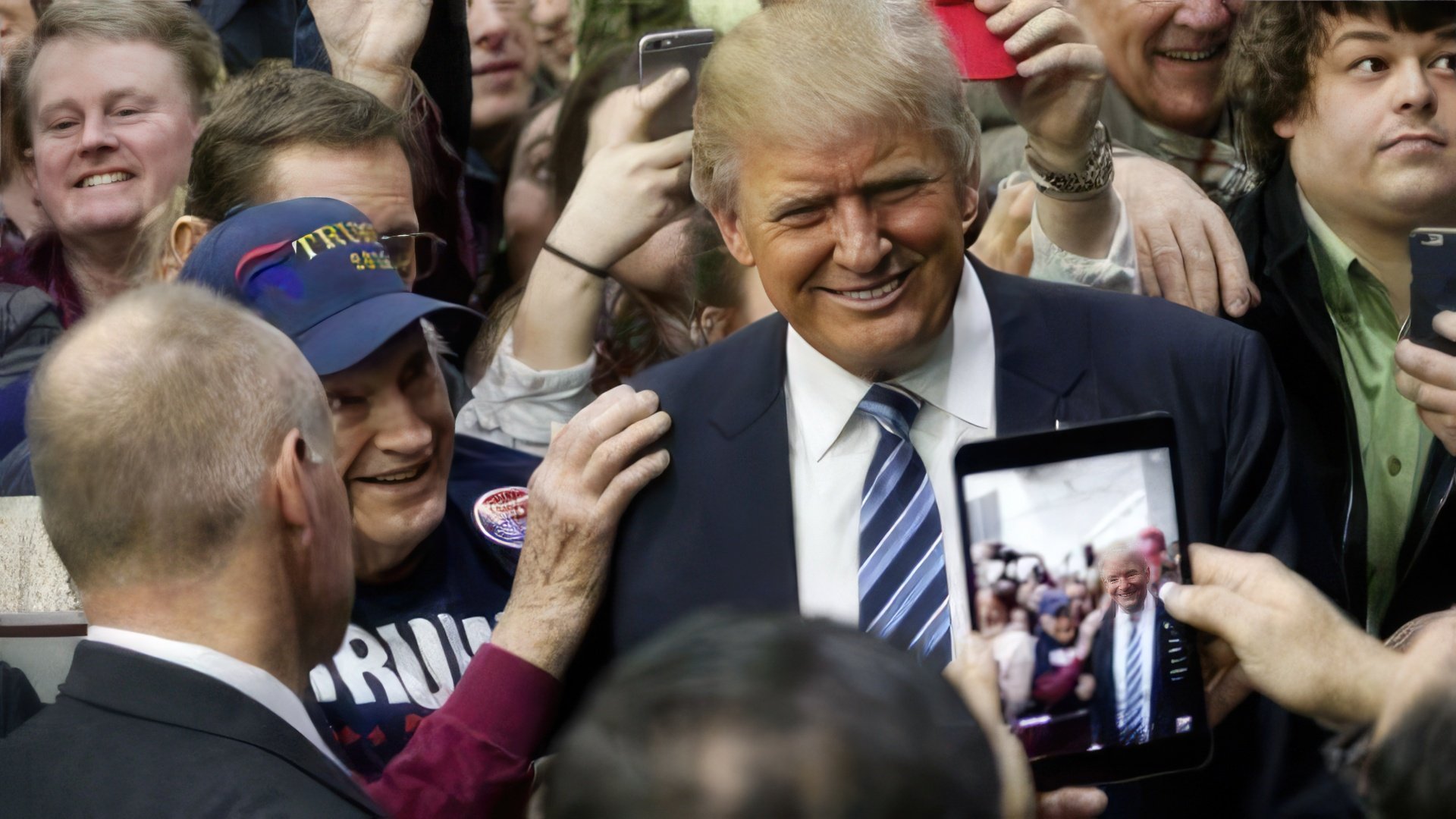
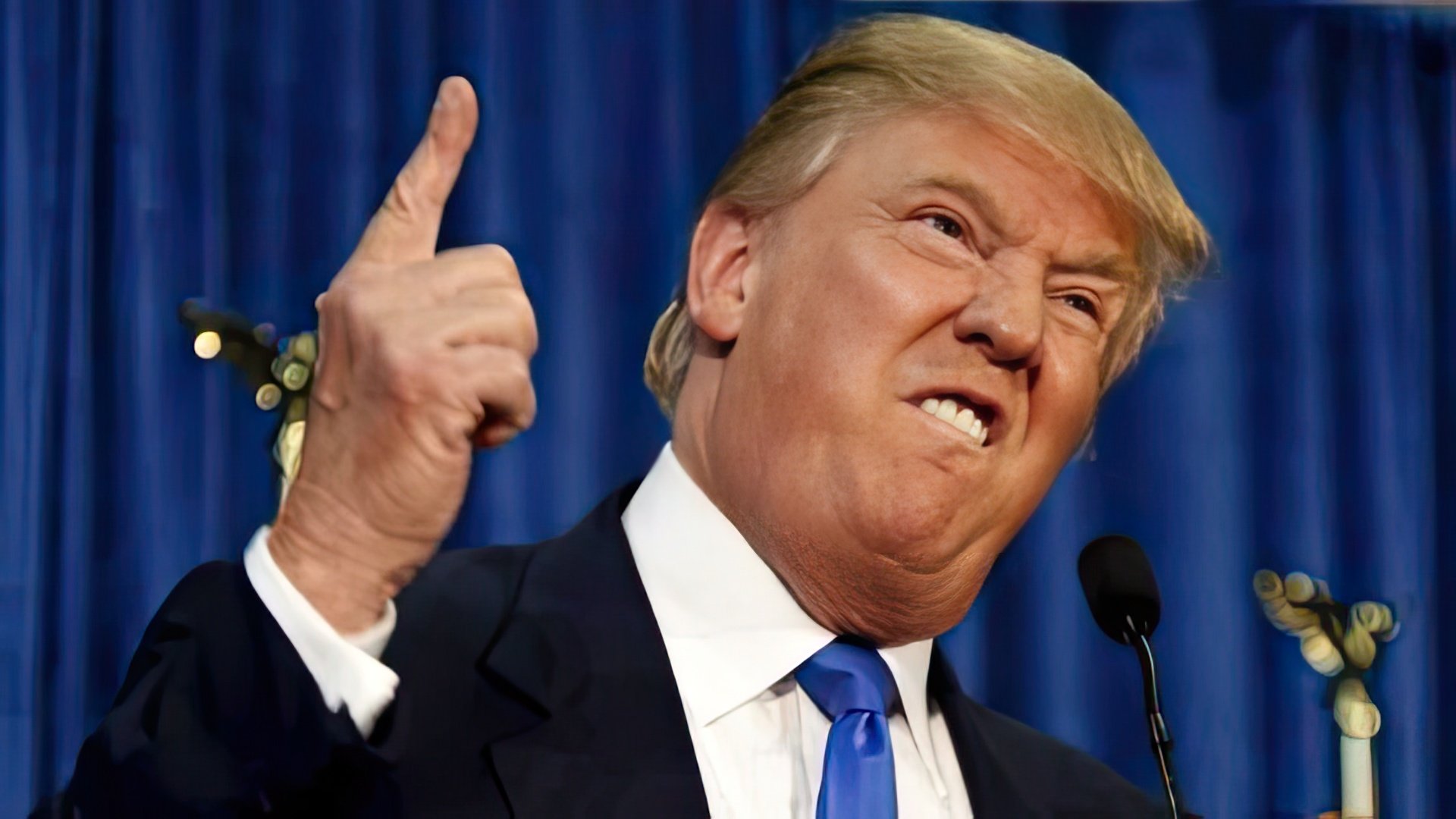
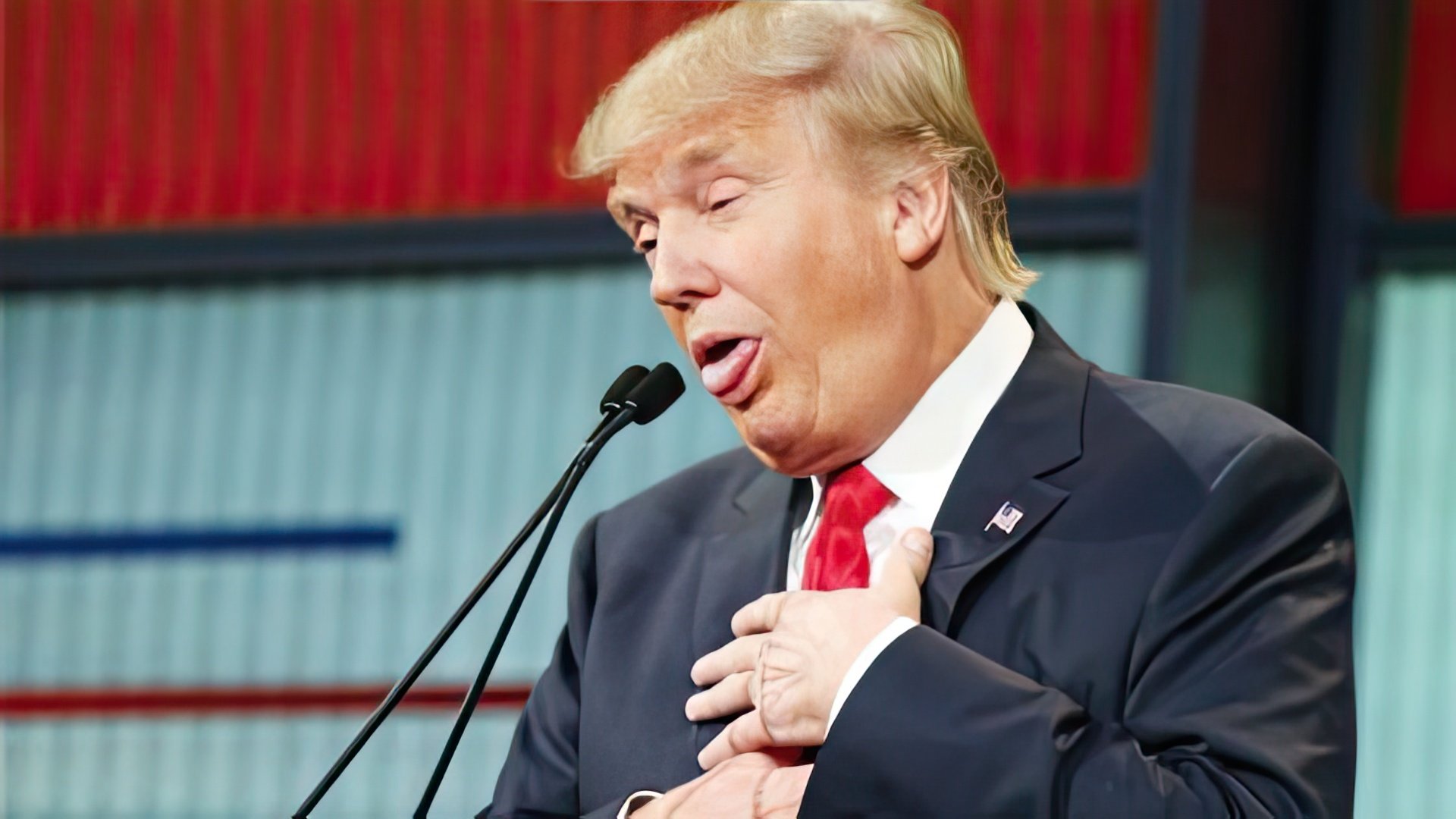
He detailed his views further in the book "Crippled America," published in 2015.
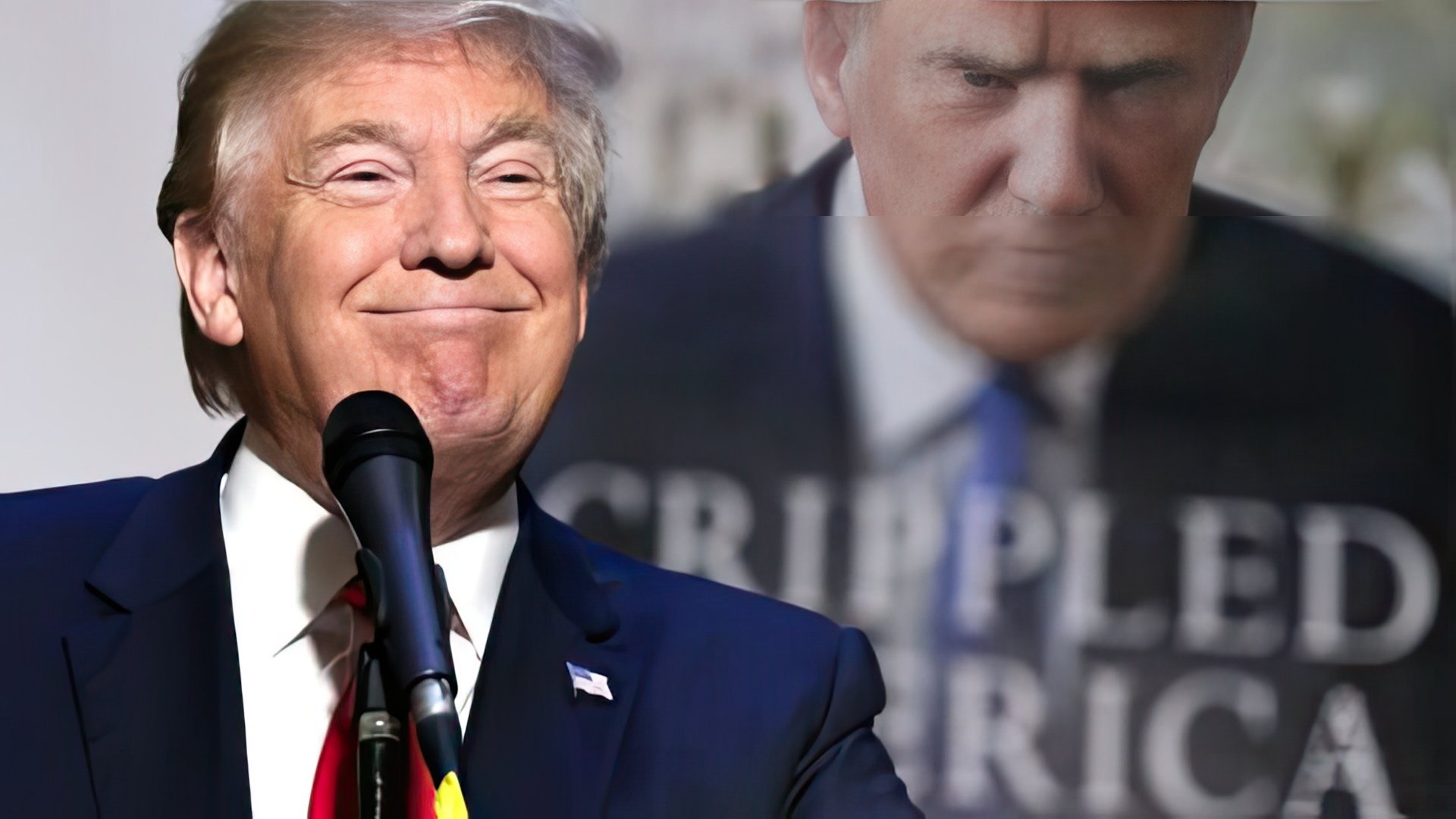
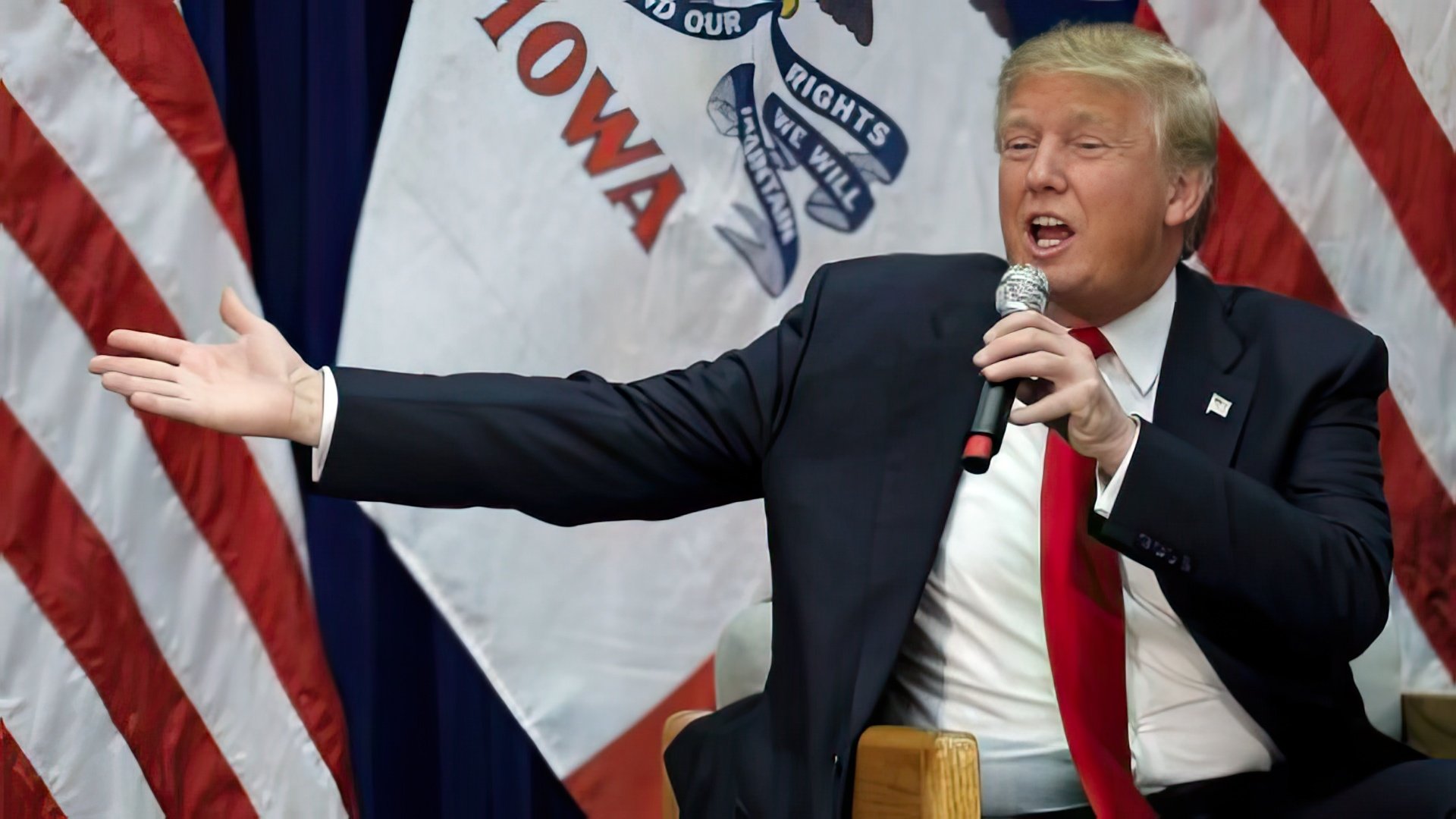
The 45th U.S. presidential election delivered shocking results. A month before election day, both candidates faced serious negative publicity. Clinton became entangled in an FBI investigation, and Trump faced accusations of sexual harassment. Clinton was confidently predicted to win, especially after the third and final debates. However, the results stunned everyone – Trump decisively beat his opponent, securing 306 electoral votes out of the required 270, claiming the presidency.
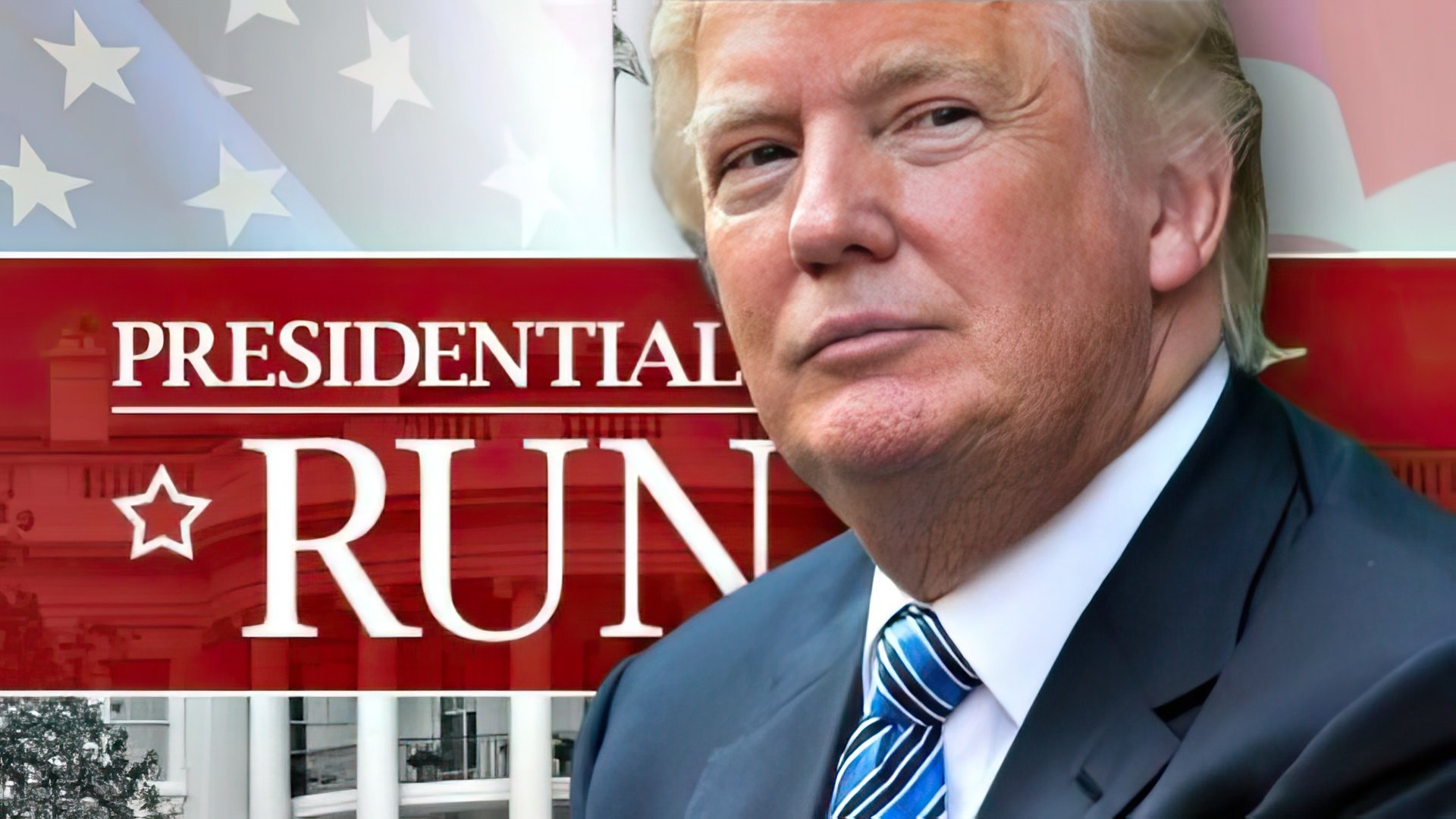
Presidency
Trump was sworn in as president on January 20, 2017. In his inaugural address, Trump vowed to "bridge the divide between the ruling elite, the corrupt establishment, and American society," drastically reshape the job market by removing all undocumented immigrants, pull out of disadvantageous political alliances, find common ground with Russia, channel all resources toward America's benefit, and destroy Islamic terrorists. Republican Mike Pence served as Trump's vice president.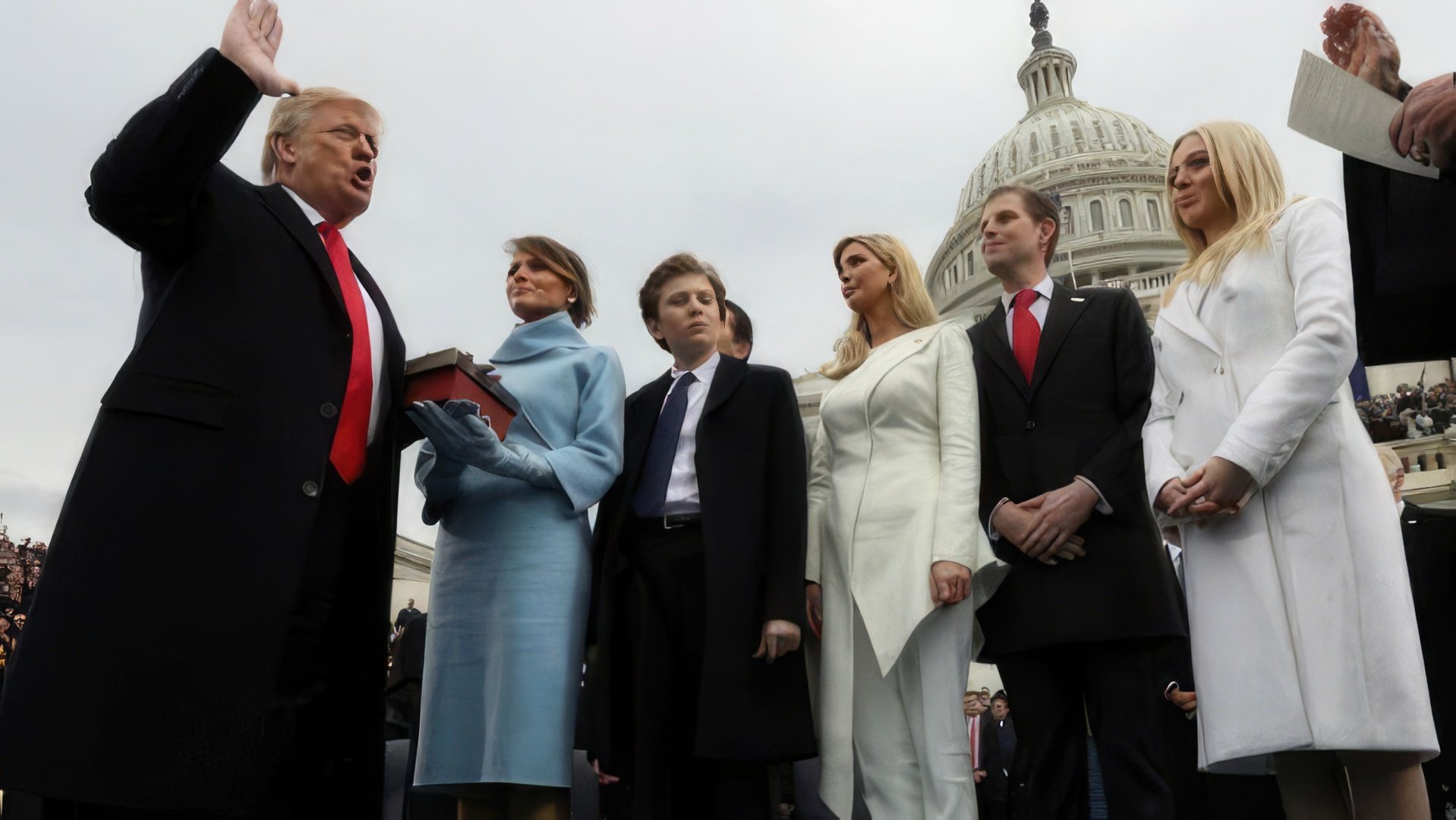
But domestically, Trump's persistent promise to build a wall between the US and Mexico to stop illegal immigration triggered fierce political battles.
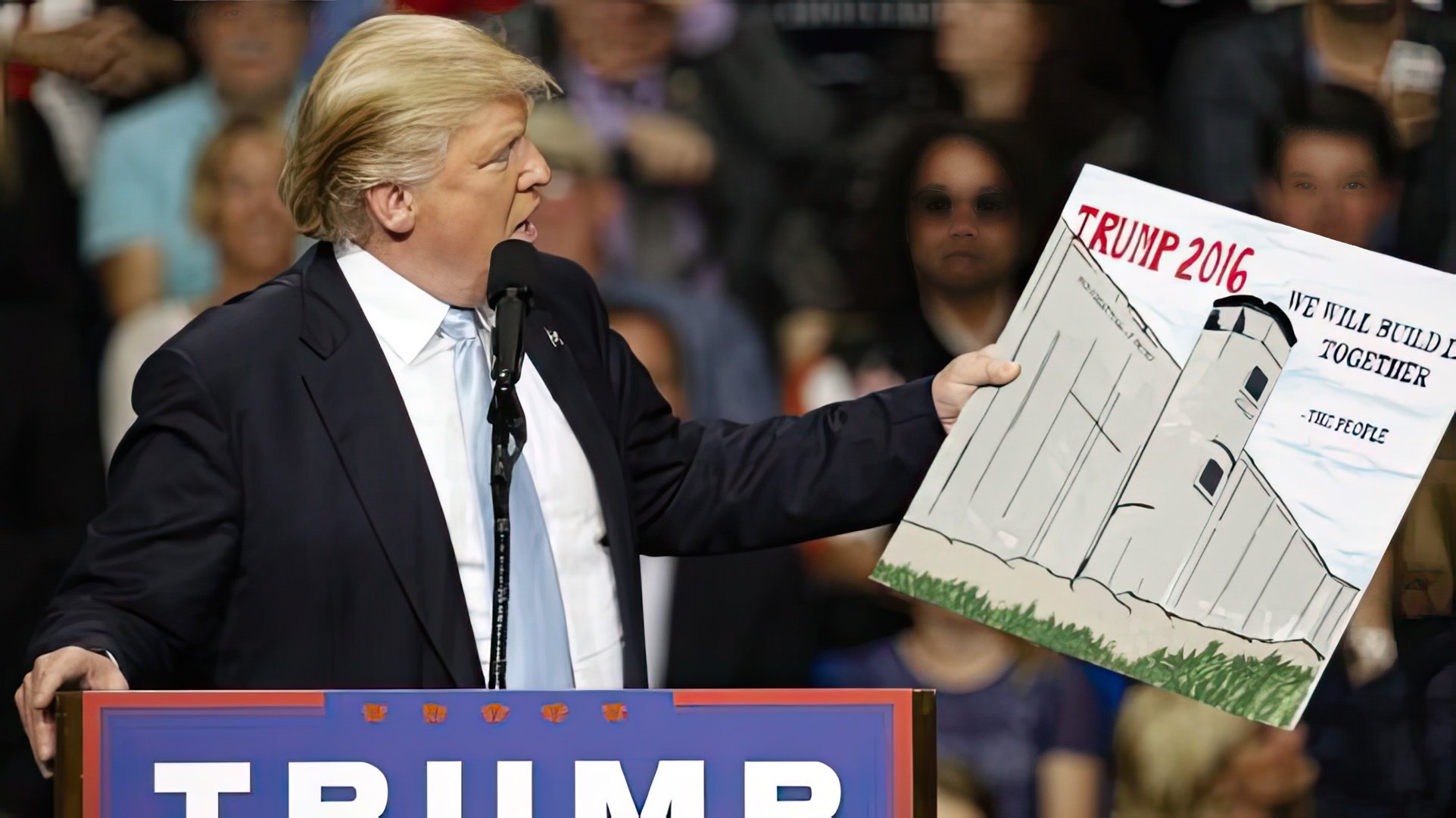
Trump's critics repeatedly raised questions about his Russian connections and claimed he won votes through indirect Russian "troll farm" interference in social media campaigns before the election.
For instance, journalists pointed to the popular "Black Activist" page, where they alleged "Prigozhin trolls" persuaded followers not to vote for Hillary Clinton. The president, of course, denied this connection. Special counsel Robert Mueller investigated these claims for two years but came up empty, finding no evidence that would sway Congress.
Donald Trump's Personal Life
Donald Trump has been married three times. His first wife was Czechoslovakian model Ivana Zelnickova. The couple married in 1977. That same year, their first son Donald Jr. was born. Four years later, Trump welcomed daughter Ivanka Trump, followed by their second son Eric in 1984. Donald and Ivana Trump's marriage ended in 1992. After the divorce, his ex-wife dubbed him "The Donald" - a nickname the press quickly embraced.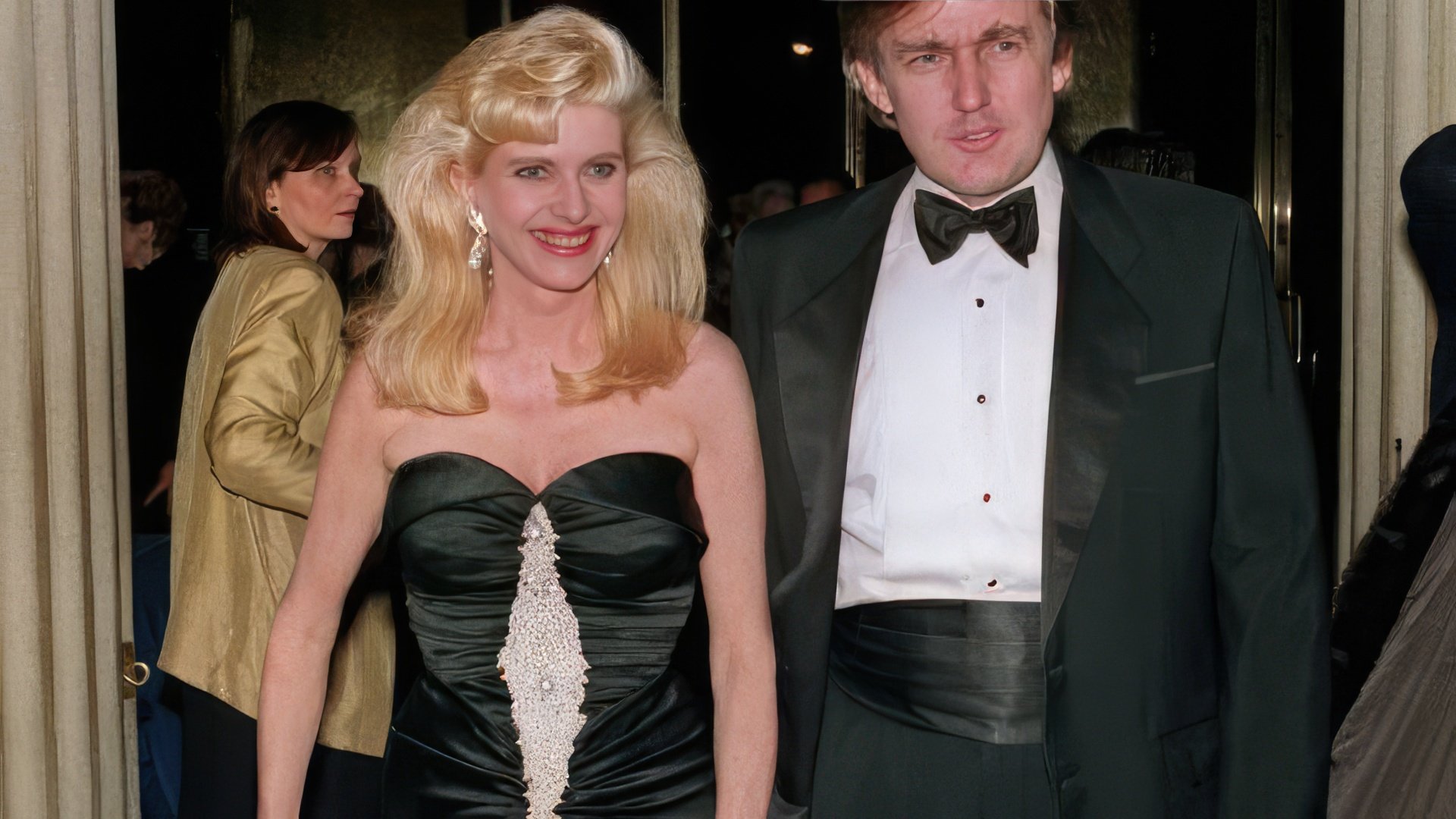
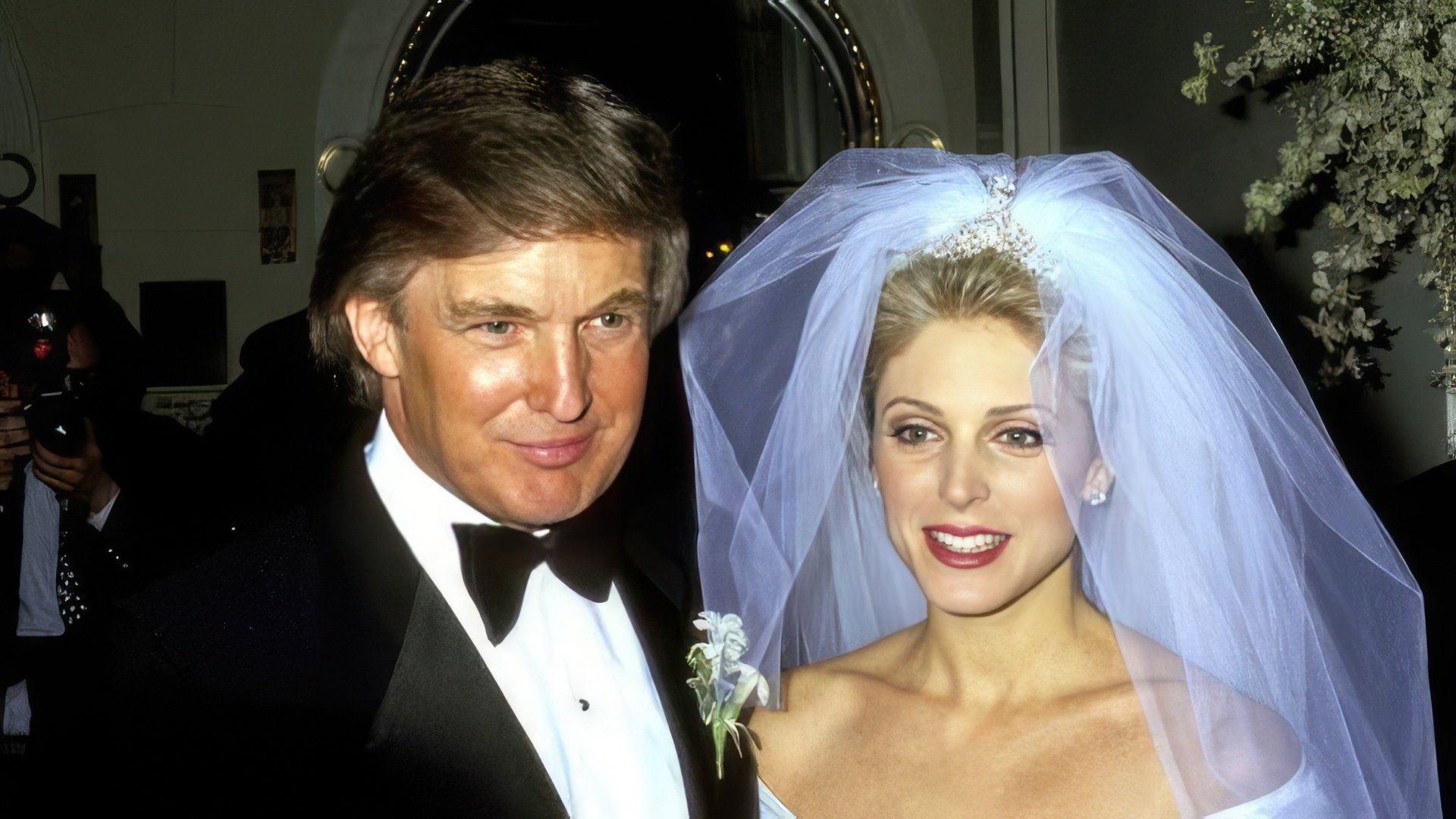
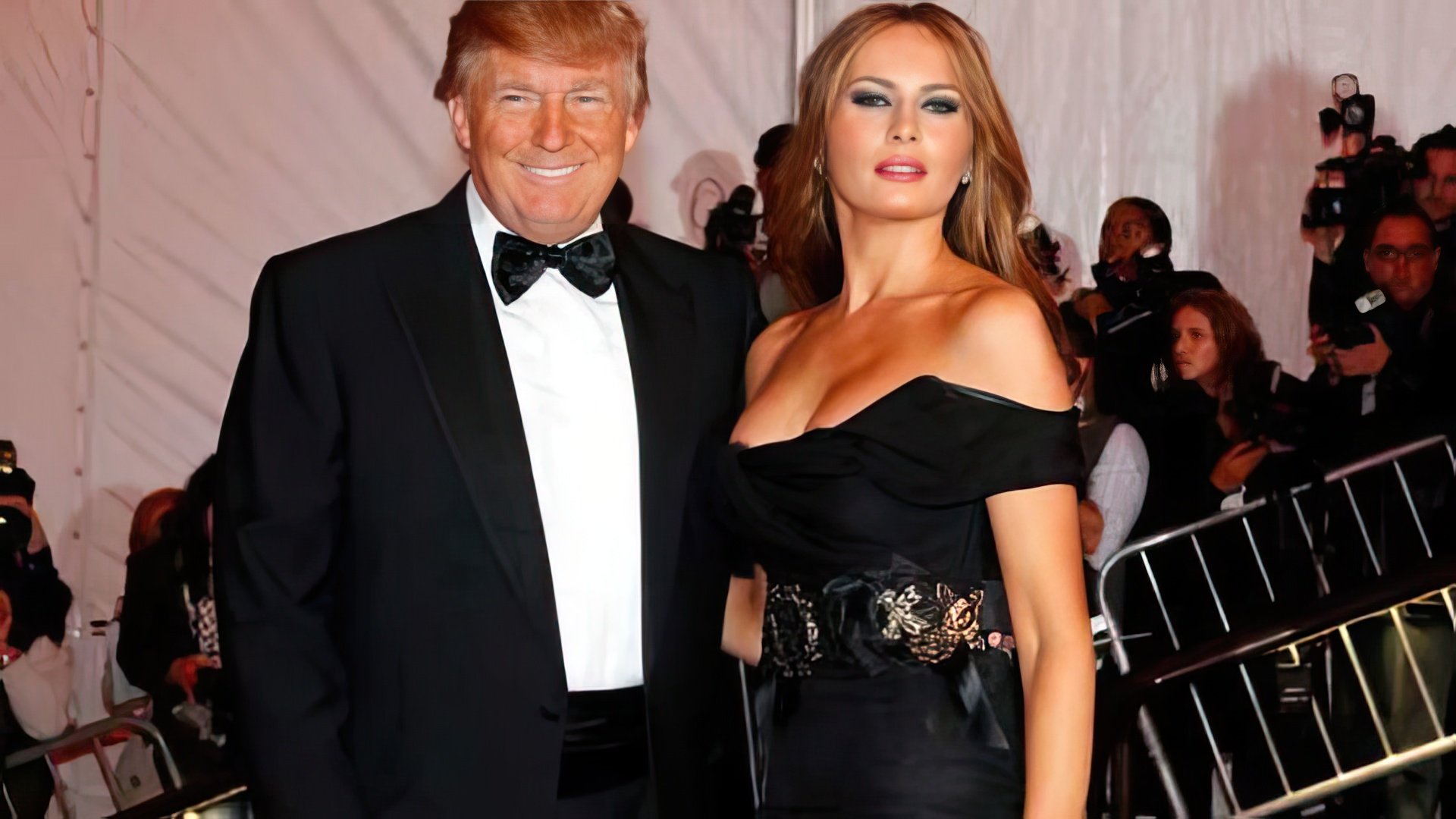
Attempted Impeachment
From day one of Donald Trump's presidency, Democrats were already talking impeachment. Several attempts were made, but with Republicans controlling the House of Representatives (the lower chamber of Congress), these efforts never got past the voting stage.Everything changed after the November 2018 midterm elections, right in the middle of Trump's presidency, when Democrats flipped control of the House. Trump's opponents finally had their chance to launch a new corruption investigation.
Before the November elections, Trump's lawyer Michael Cohen admitted he'd lied to the court in 2017 about Trump's plans to build a 100-story Trump Tower in Moscow. He'd previously claimed Trump had no such plans, but new evidence showed the billionaire did want to build the skyscraper before changing his mind around June 2016. This sparked fresh Russia-related accusations against Trump, with more and more Democrats demanding that House Speaker Nancy Pelosi launch impeachment proceedings.
But the actual trigger for impeachment became "Ukrainegate" – a scandal reminiscent of the Watergate affair that destroyed President Richard Nixon's career. Trump was accused of pressuring Ukrainian President Volodymyr Zelensky for two months (May through September 2019), trying to dig up dirt on Joe Biden – his likely 2020 opponent – in exchange for promised financial and military aid to Ukraine.
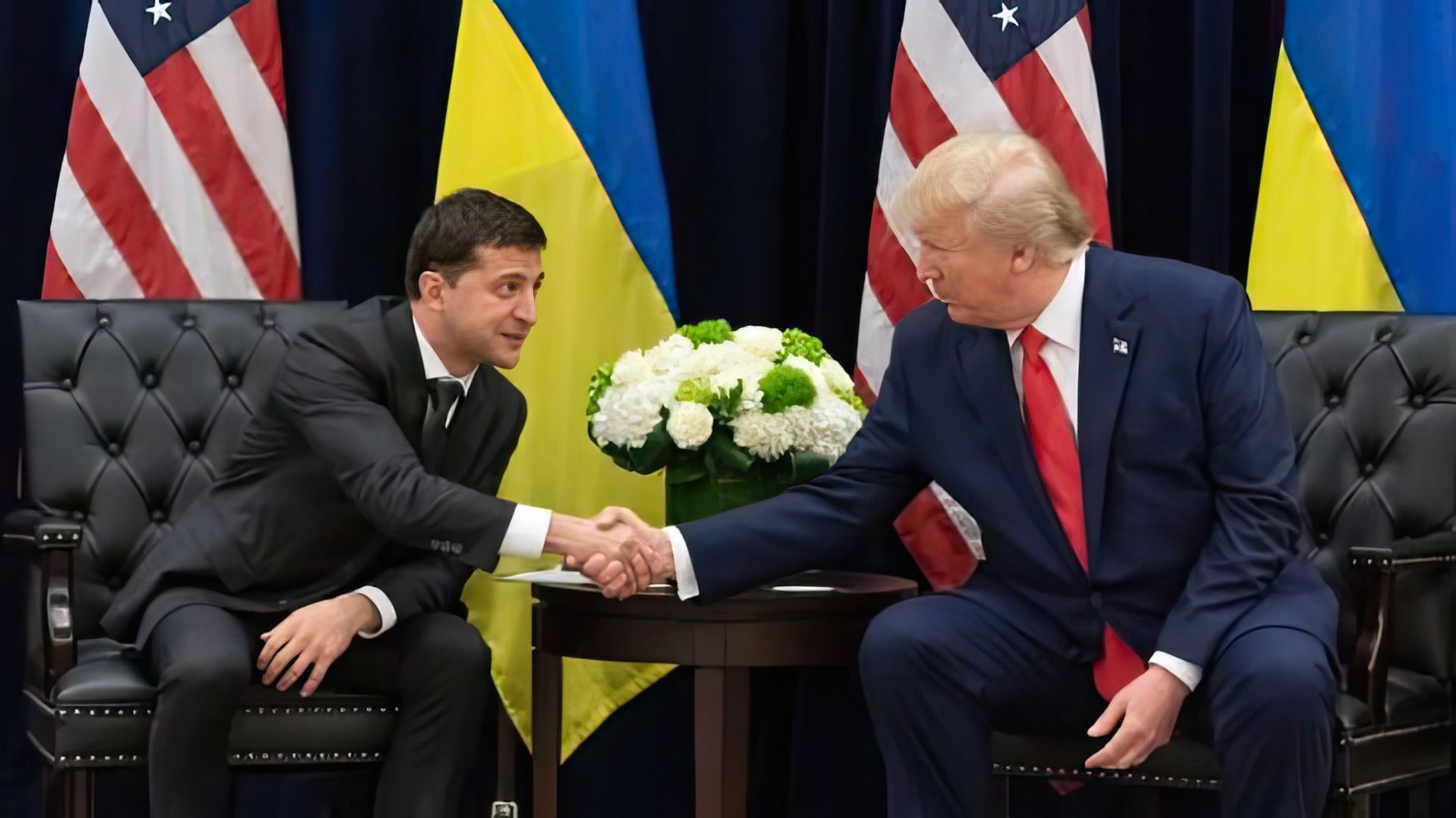
US intelligence reported the pressure campaign against Zelensky, and the White House tried to hide it from Congress – a violation of existing laws. On September 24, 2019, Nancy Pelosi announced the investigation, and by October 31, Donald Trump was officially impeached. Public hearings began two weeks later, while the Trump administration blocked White House staff from cooperating with Congress. Donald Trump responded to all accusations on his Twitter:
But when the Republican-controlled Senate reviewed the charges in February 2020, Trump was fully acquitted.Witch hunt!
2020 Election
The presidential election in the USA was scheduled for November 3, 2020. Donald Trump's main opponent was Democrat Joe Biden, a senator and vice president under Barack Obama.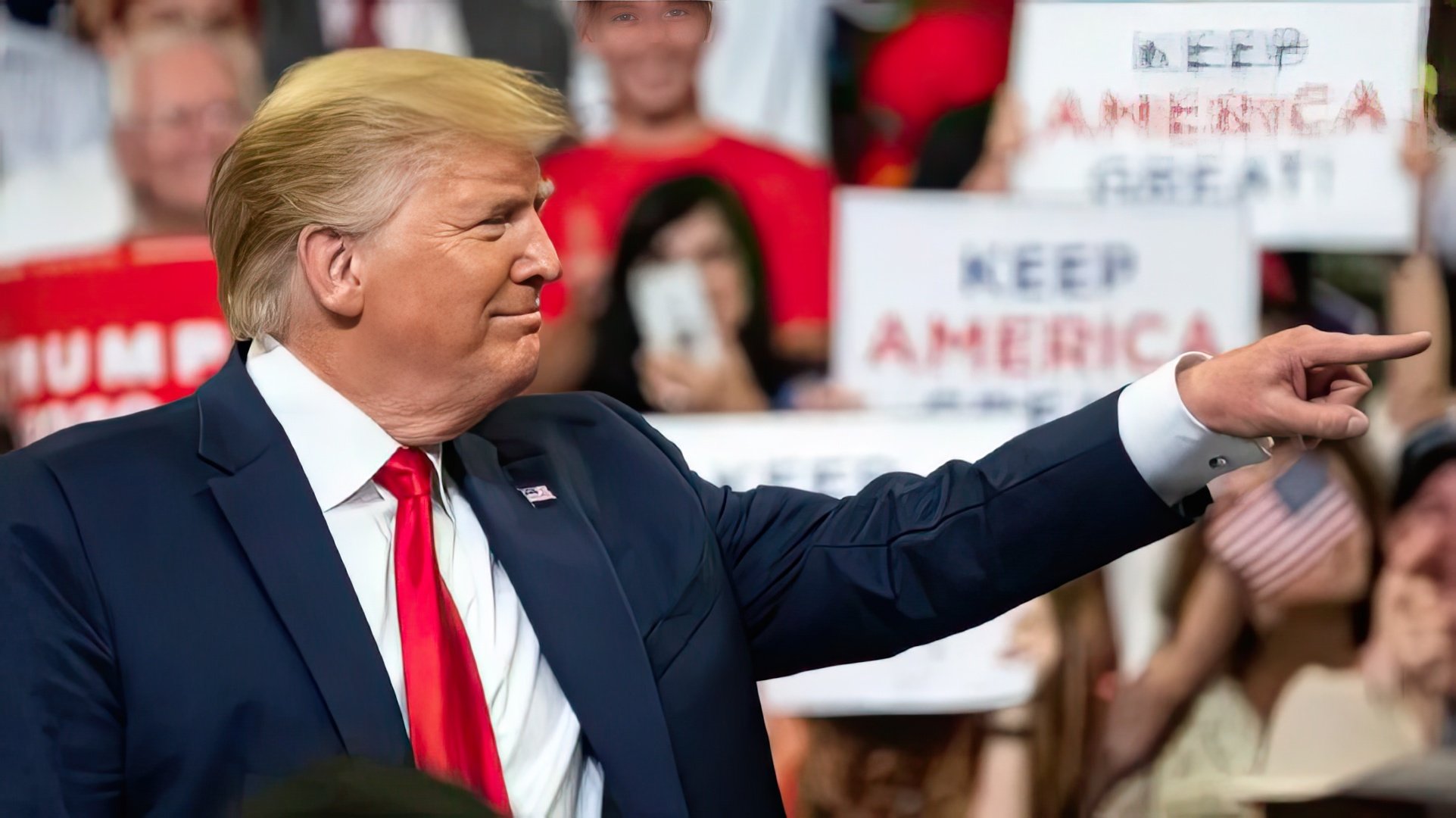
Following lackluster debate performances from both candidates, early polling data showed Biden ahead: 51.3% to Trump's 43.5%. Due to the coronavirus pandemic, early voting was possible, including by mail. About one third of voters took advantage of this. Polling data revealed that Biden supporters, who skewed younger and more progressive, heavily favored mail-in voting, while Trump's base was expected to vote in person. Political analysts warned this could create chaos and fuel unrest in an already volatile climate.
After extended vote counting and Trump's legal challenges, the Electoral College delivered Biden the win: 306 votes to Trump's 232. Thus, Joe Biden became the new president of the USA.
Capitol Riot 2021
The final tally and Biden's official victory didn't sit well with Trump or his supporters. Almost immediately, he claimed Democrats had orchestrated massive fraud in Wisconsin, Michigan, and Pennsylvania. Trump repeatedly aired his claims on Twitter until the platform banned his account for spreading misinformation.FBI Search
On the morning of August 8, 2022, the FBI searched Donald Trump's estate in Florida. They discovered boxes containing 11 sets of classified documents. The search was conducted as part of an investigation into the illegal use of defense information, theft, and destruction of documents.The Case of the 2020 Election
Federal prosecutors launched a criminal case against Donald Trump for his attempts to overturn the 2020 presidential election after he, his legal team, and several supporters worked to challenge the vote outcome.Trump and his supporters took several steps to alter the election outcome, including pressuring Vice President Mike Pence and creating a list of fake electors.
The U.S. Department of Justice launched an investigation into these actions in January 2022, later expanding it to include the January 6, 2021 Capitol riot. In November 2022, Special Counsel Jack Smith was appointed to lead the investigation.
On August 1, 2023, a federal grand jury in Washington, D.C. charged Trump with four counts, including conspiracy to defraud, obstruction of official proceedings, and conspiracy against citizens' rights. This marked the first time in U.S. history that a former president faced charges related to actions taken while in office. Trump denied these charges, declaring his innocence.
The case reached the U.S. Supreme Court after the D.C. Court of Appeals unanimously ruled that Trump did not have immunity from prosecution. On July 1, 2024, the U.S. Supreme Court ruled that former presidents have certain immunity from criminal prosecution for "official acts" performed while in office.
2024 Election Campaign
Donald Trump announced his 2024 presidential run on October 16, 2022, saying:Meanwhile, in October 2022, Congress summoned the billionaire for questioning about the January 2021 events, and the Attorney General sued the former president and his children. Trump faced accusations of multiple fraud instances (200 cases over 10 years) — the Trump Organization allegedly inflated assets to secure better loans and pay lower taxes.To make America great again, I am running for President of the United States tonight.
The scandal involving Trump's connection with adult film actress Stormy Daniels also gained momentum. In 2018, The Wall Street Journal reported that before the 2016 election, Trump's lawyer paid Daniels $180,000 to keep quiet about their alleged 2006 affair. In 2023, investigators found Trump had paid this money not from personal funds but from campaign funds. On May 31, 2024, a jury found Trump guilty.
Despite the scandals, Trump secured the Republican Party nomination. His opponent was once again Joe Biden.
Assassination Attempt on Trump
On July 13, 2024, Donald Trump was seven minutes into his Butler, Pennsylvania rally when a bullet grazed his right ear. Secret Service agents rushed to shield him. Trump raised his clenched fist and shouted, "Fight! Fight! Fight!" A photographer captured the moment, and the image instantly went viral. Merchandise featuring the photo went on sale the same day.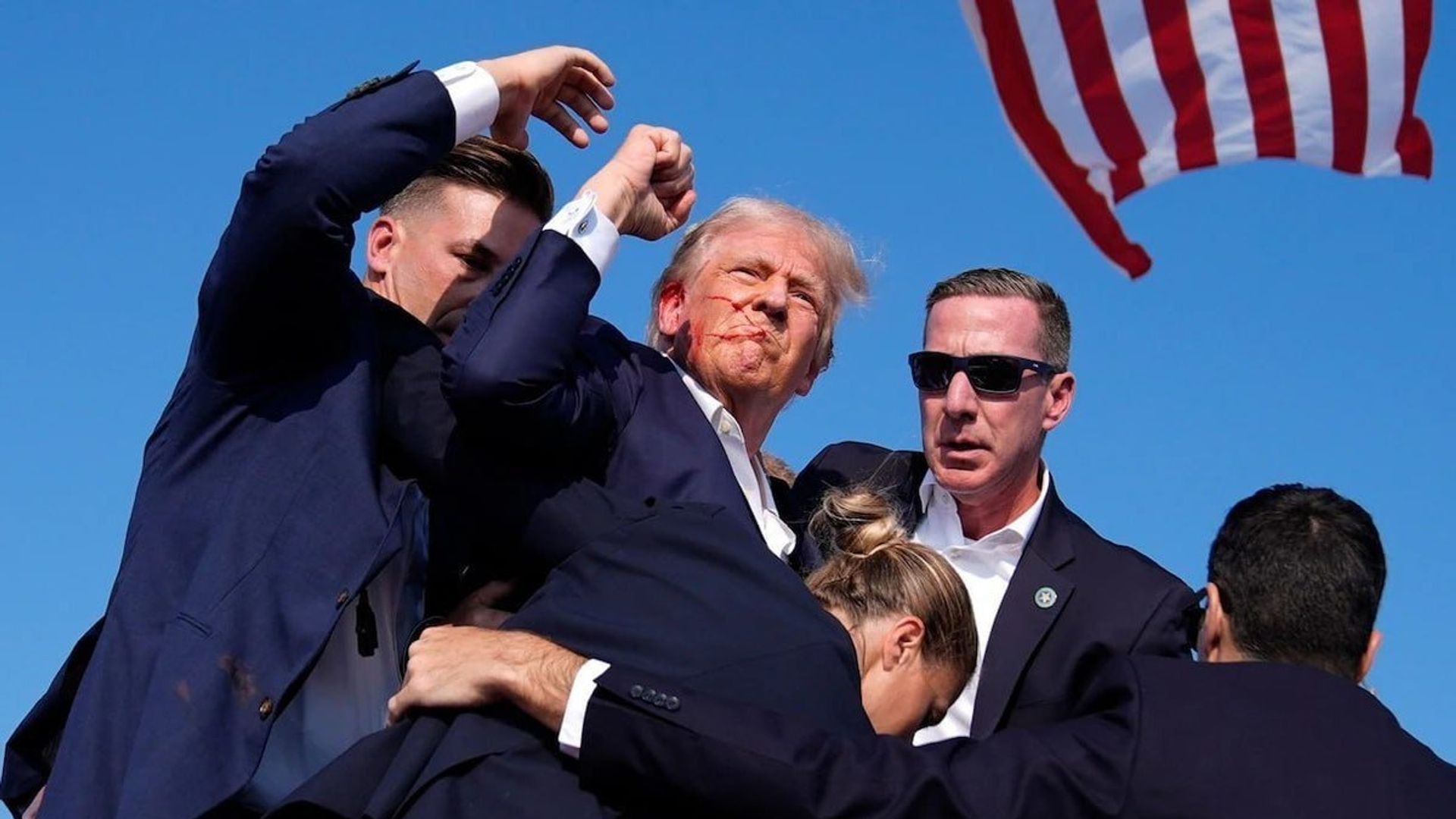
A Secret Service sniper took down the gunman. They quickly identified him as 20-year-old Thomas Matthew Crooks. He fired eight shots from an AR-15 rifle. One bullet killed 50-year-old Trump supporter Corey Comperatore. Two others were seriously injured.
Crooks' background reveals a middle-class upbringing and strong academic performance, though he was bullied for being withdrawn and wearing camouflage clothing. He enjoyed shooting. He was a registered Republican but donated $15 to the Democrats in 2021. Those who knew Crooks were surprised by the assassination attempt, given his radical conservative views. The FBI searched his car and found several explosive devices inside.

I want to thank The United States Secret Service, and all of Law Enforcement, for their rapid response on the shooting that just took place in Butler, Pennsylvania. Most importantly, I want to extend my condolences to the family of the person at the Rally who was killed, and also to the family of another person that was badly injured. It is incredible that such an act can take place in our Country. Nothing is known at this time about the shooter, who is now dead. I was shot with a bullet that pierced the upper part of my right ear. I knew immediately that something was wrong in that I heard a whizzing sound, shots, and immediately felt the bullet ripping through the skin. Much bleeding took place, so I realized then what was happening. GOD BLESS AMERICA!
2024 Presidential Election
Election Day was November 5. By midnight, Donald Trump had built a commanding lead. Major news outlets including AP and CNN called the race for the Republican.Ironically, Trump's sentencing was scheduled for November 26. He was set to appear in Manhattan court on charges involving falsified records. Trump denies any wrongdoing.
The Electoral College is set to meet on December 17 for the formal vote for president and vice president.
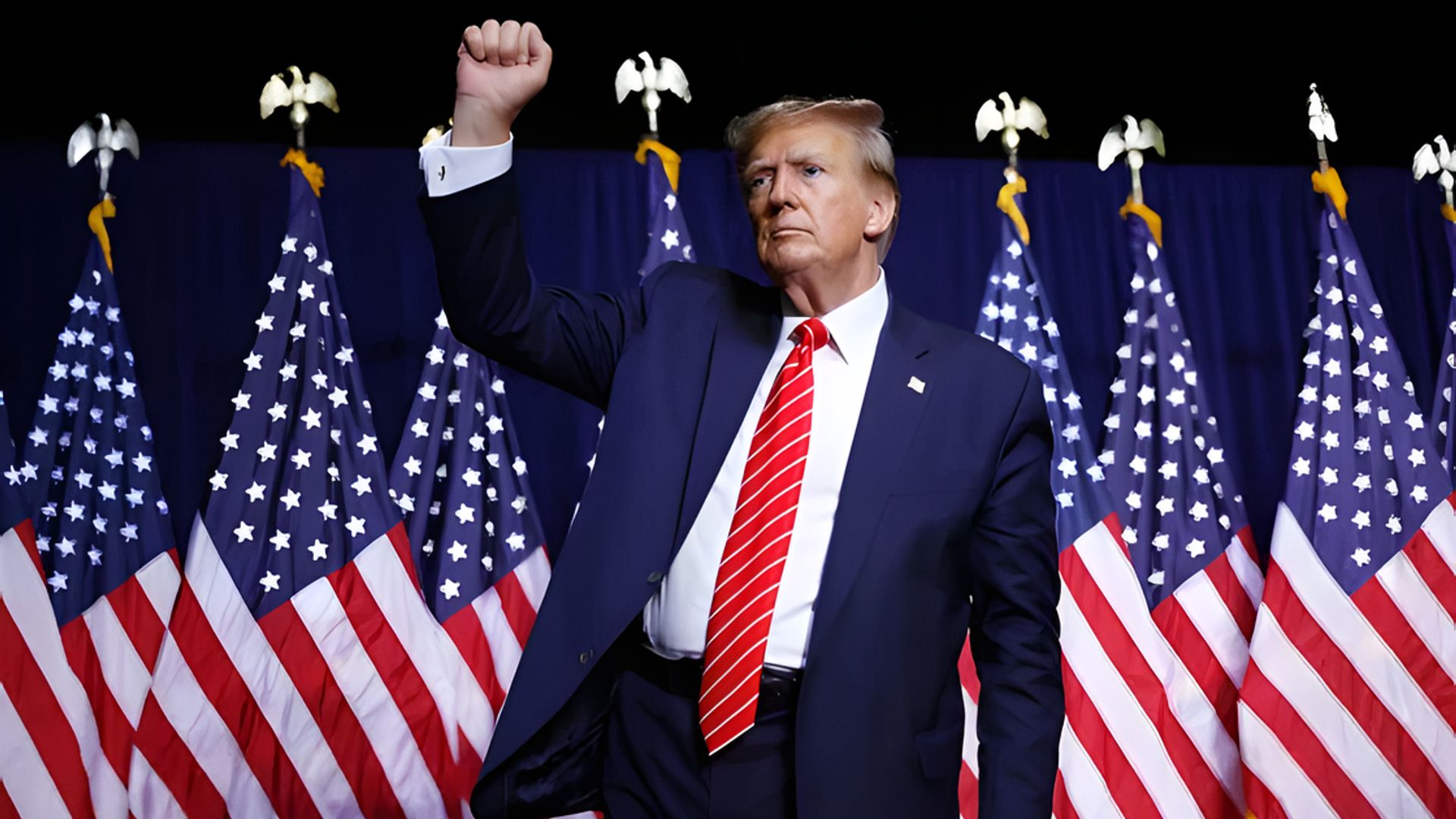
Project 2025
Project 2025, also known as the 2025 Presidential Transition Project, is a Heritage Foundation initiative targeting sweeping changes to the U.S. federal government. The plan's main goal is strengthening executive power after Trump's 2024 election. The project includes:- Firing thousands of federal employees and replacing them with presidential loyalists. This involves changing federal job rules to make it easier to remove employees who don't align with conservative goals. The policy aims to weaken the "deep state" and strengthen presidential control over federal agencies.
- Rolling back environmental and climate regulations while providing business tax breaks. The project calls for loosening restrictions on energy and fossil fuel companies, which supporters say will cut business costs and boost the economy.
- Promoting conservative Christian values while restricting LGBTQ+ rights.
- Implementing strict immigration policies, including mass deportations and tighter border security. The plan calls for using the military for domestic security and border enforcement.
- Reducing federal agency power while expanding presidential authority. Project 2025 supporters believe this restructuring will help the president implement his agenda more effectively, especially where conservatives clash with Congress or the courts.
Found an error? Select the text and press Ctrl+Enter
Error in the text? Select it — a send button will appear
Publication Details
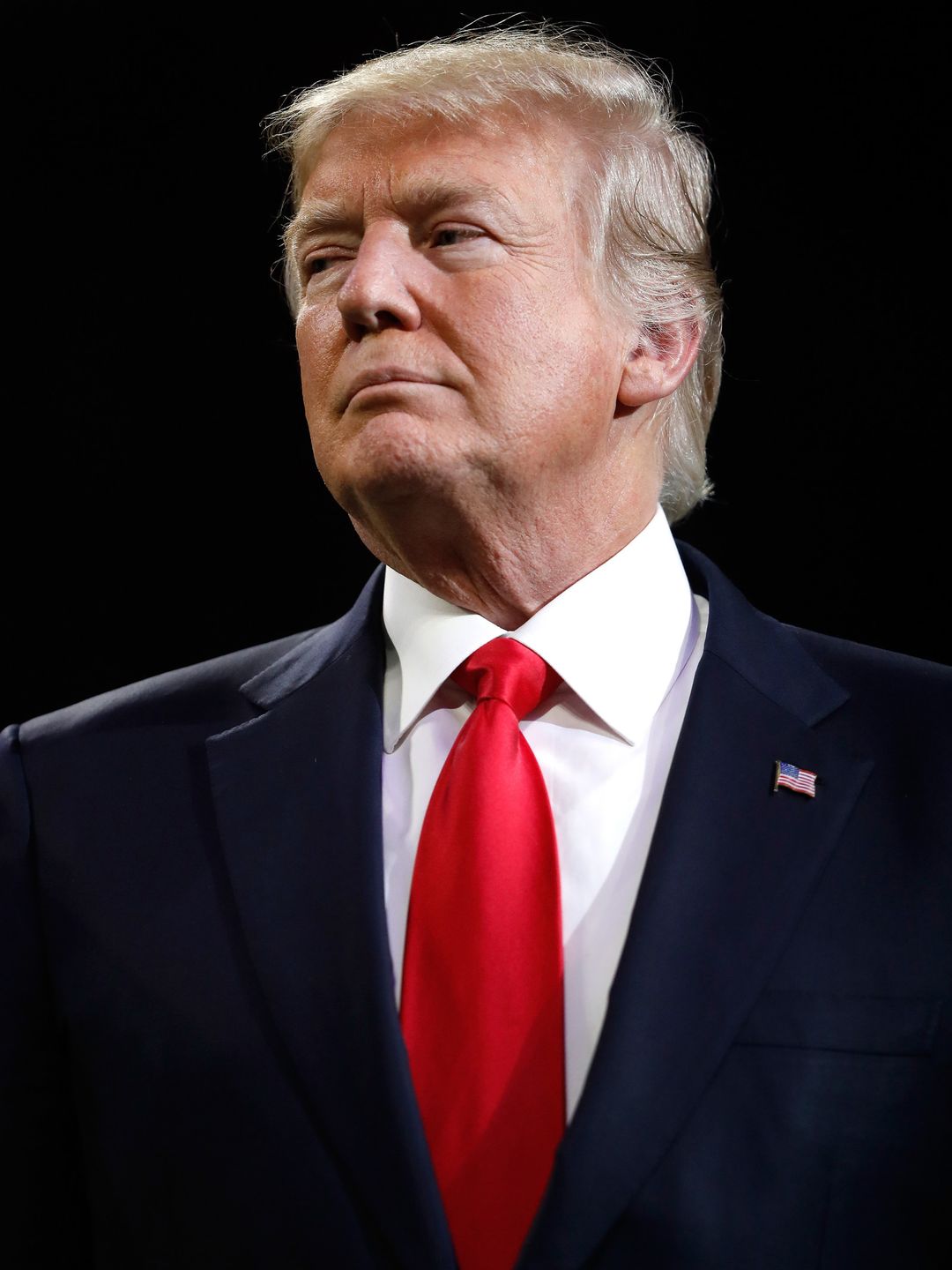



-
Amanda Gonzales
2021-05-18 14:49:35
-
Wayne Harris
2021-04-30 08:12:17
-
Erika Clark
2021-04-09 18:08:25
-
Nathaniel Adam Jenkins
2021-03-27 20:13:30
-
Patricia Thompson
2021-03-13 15:46:43
5